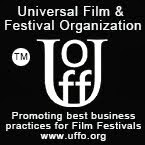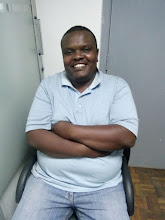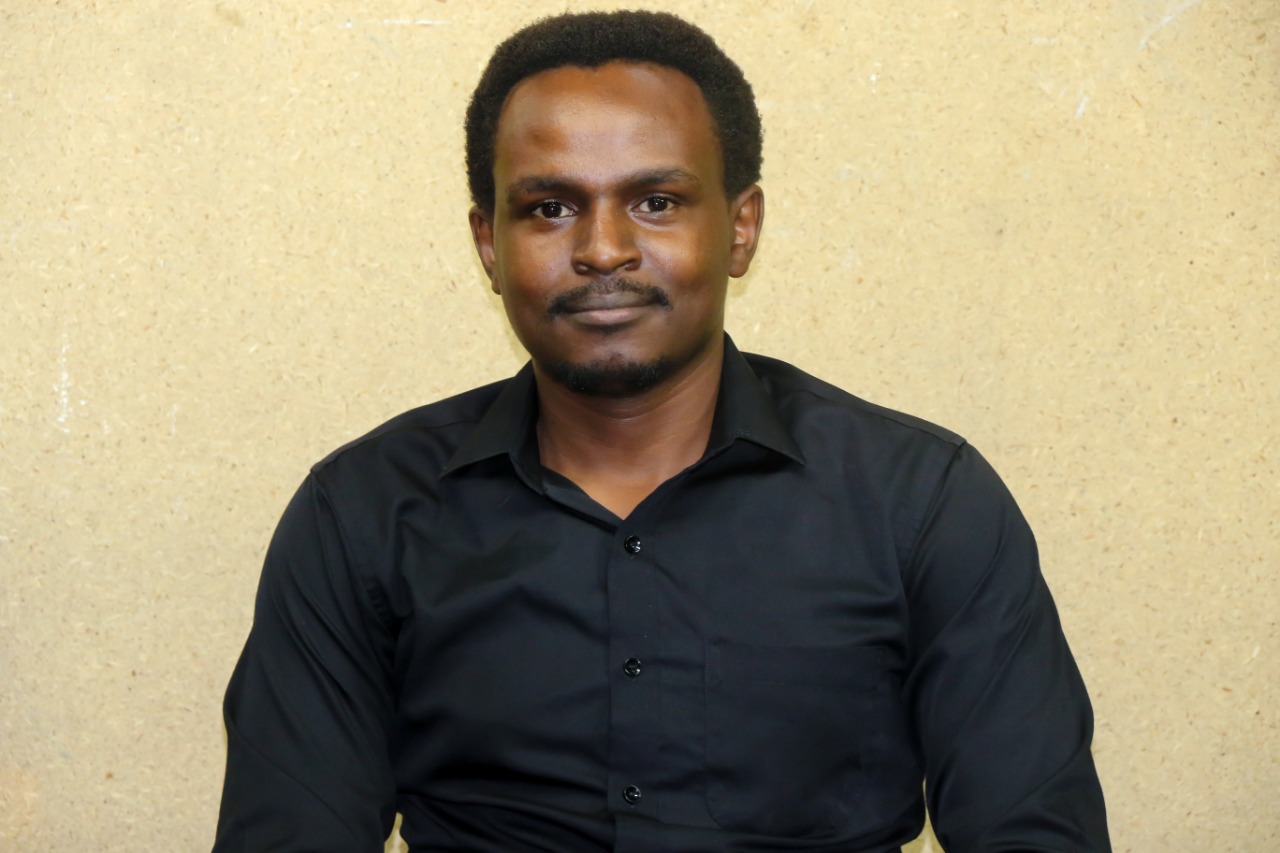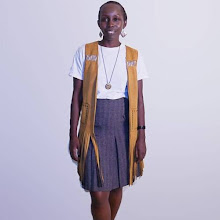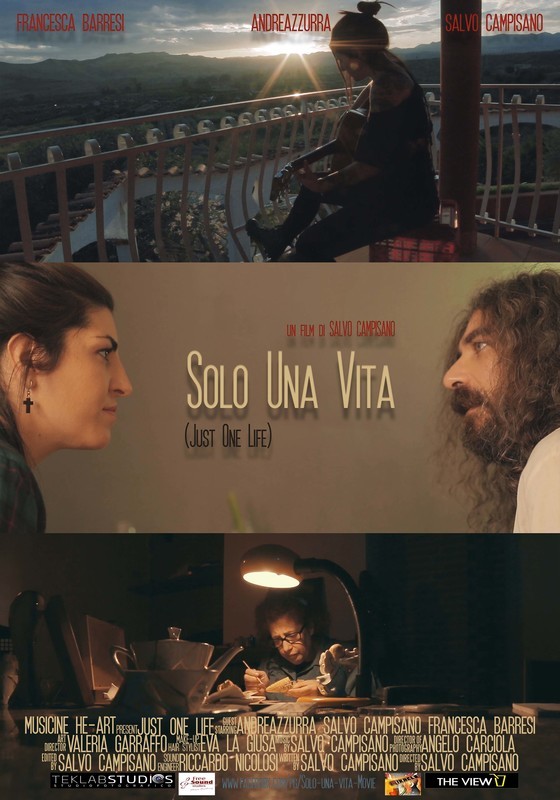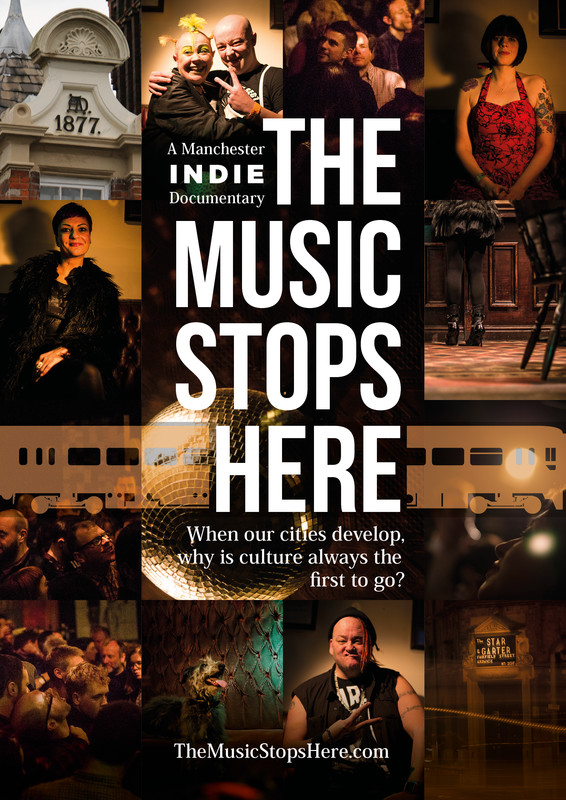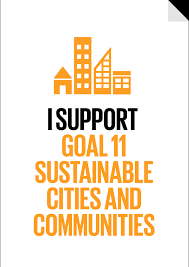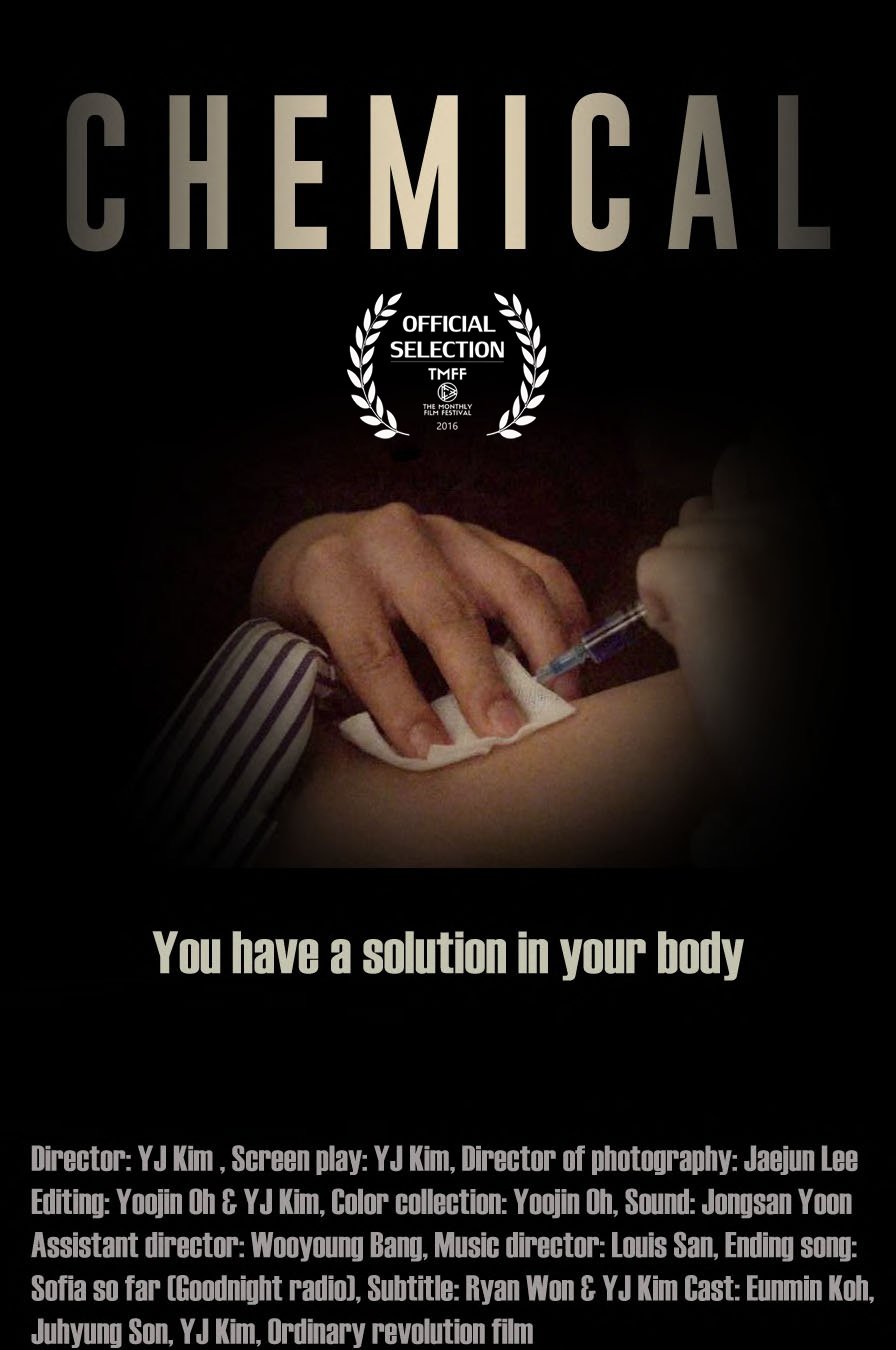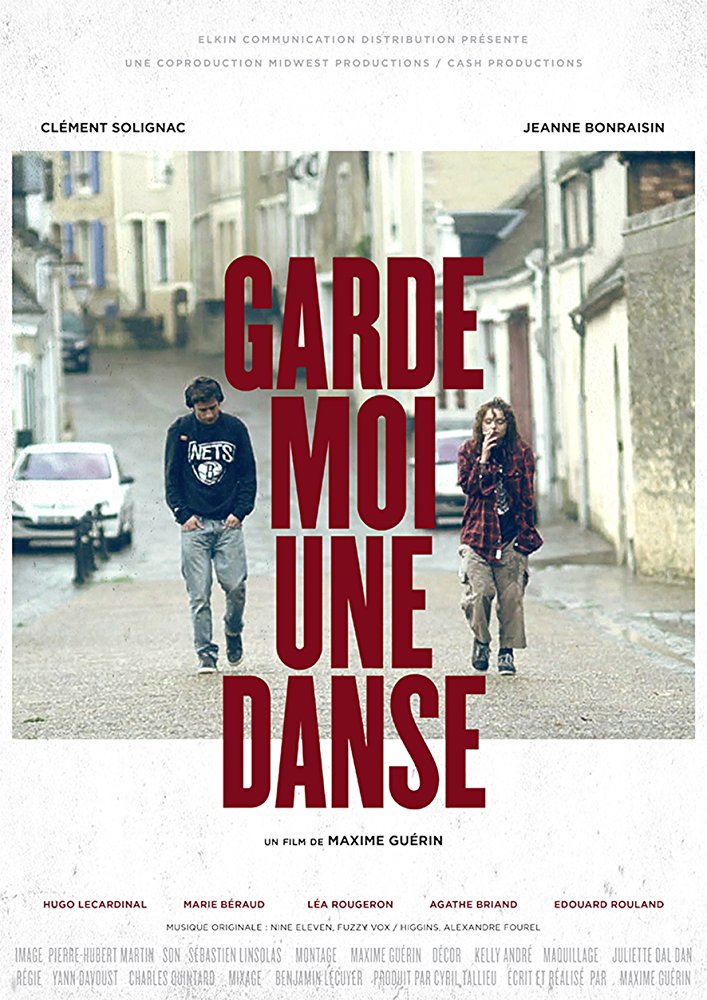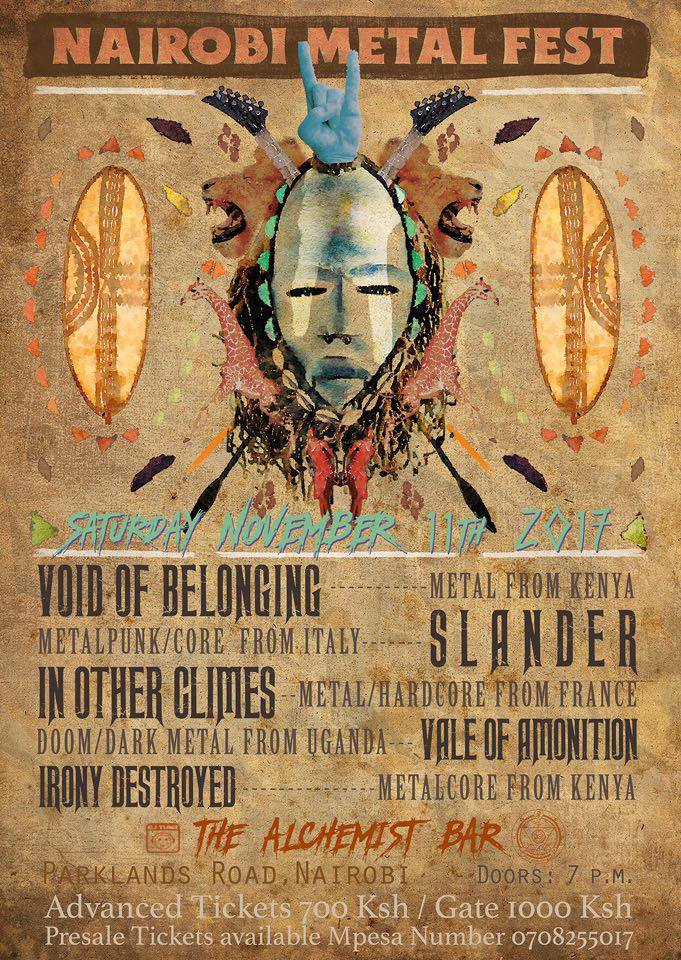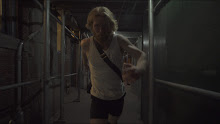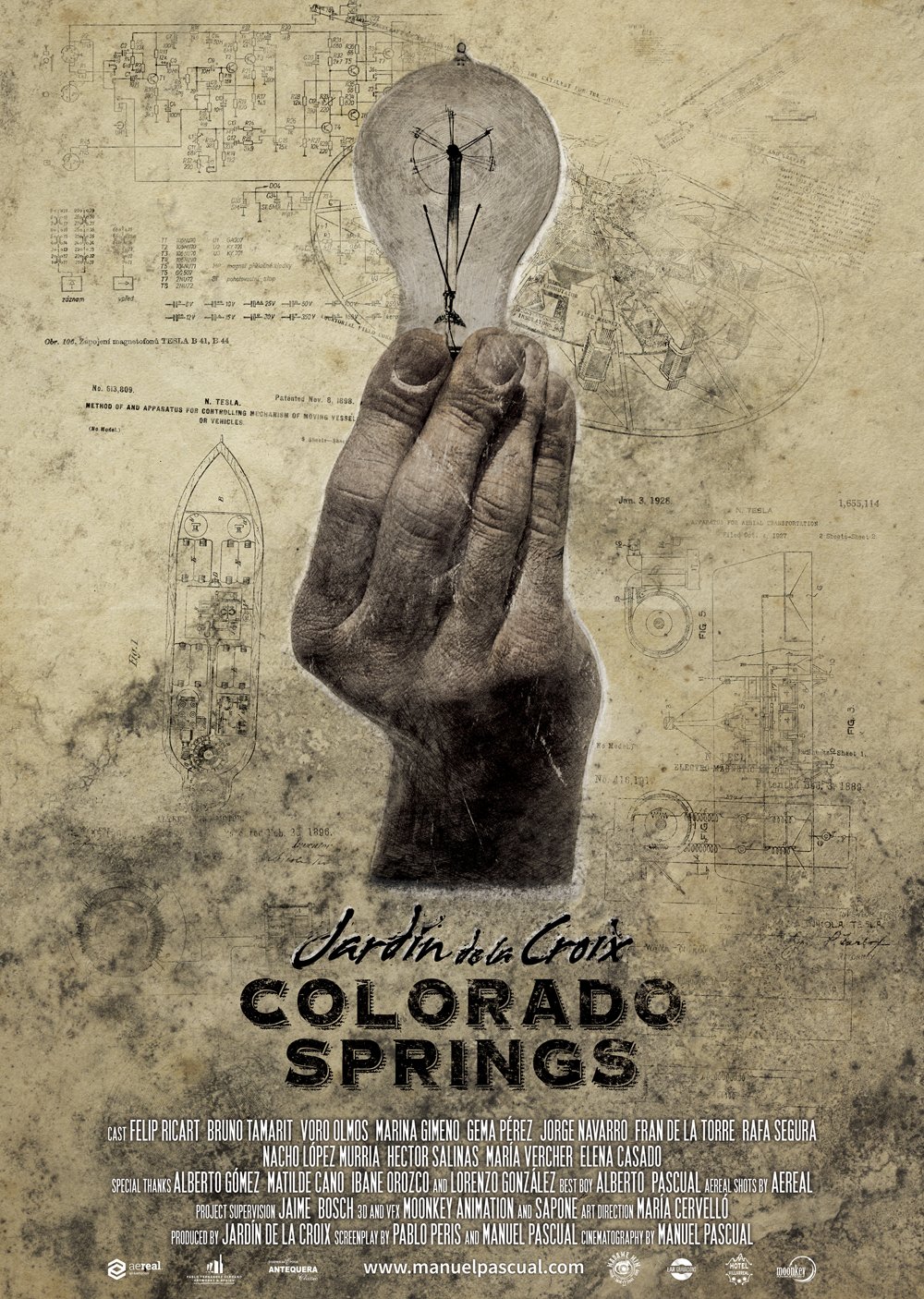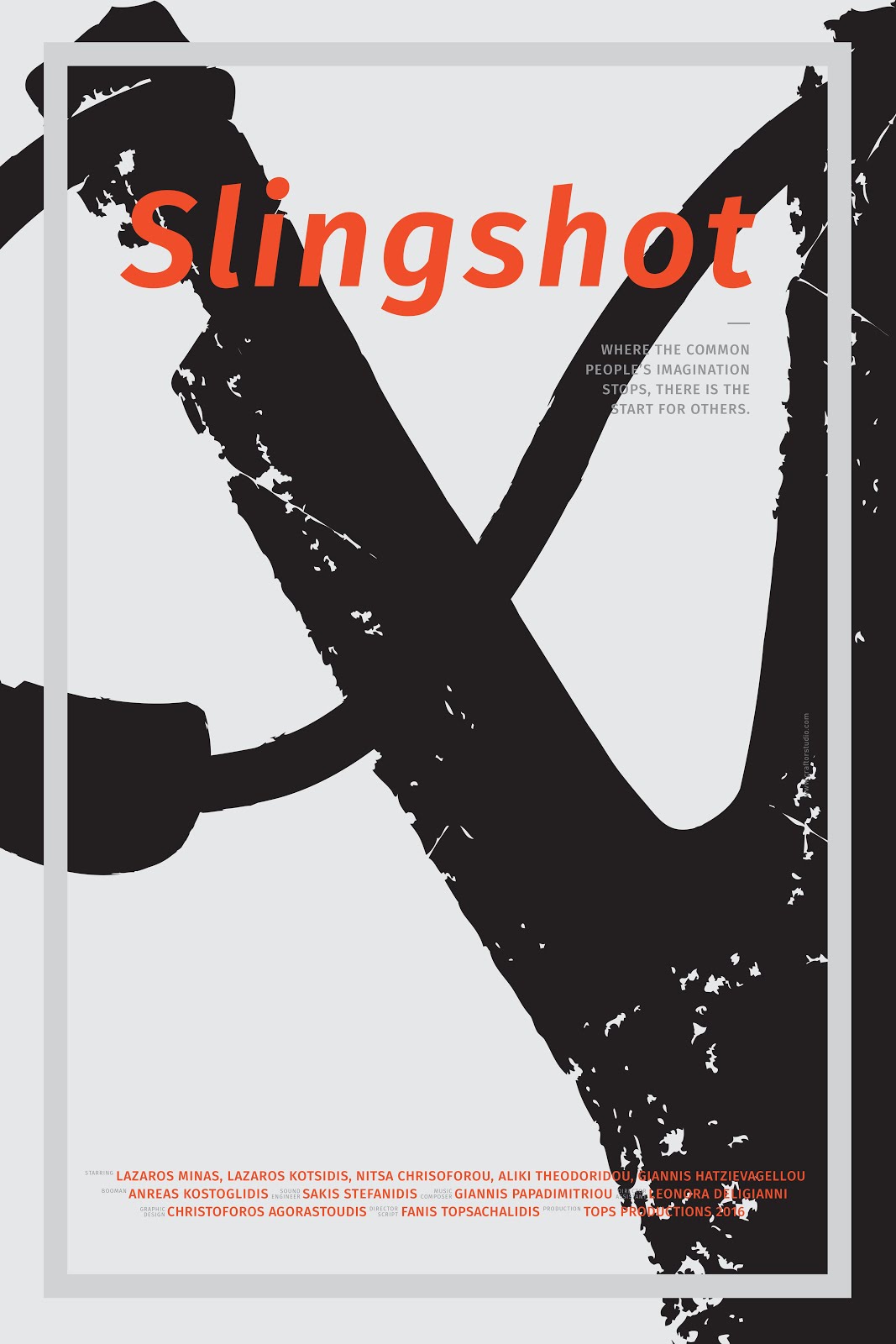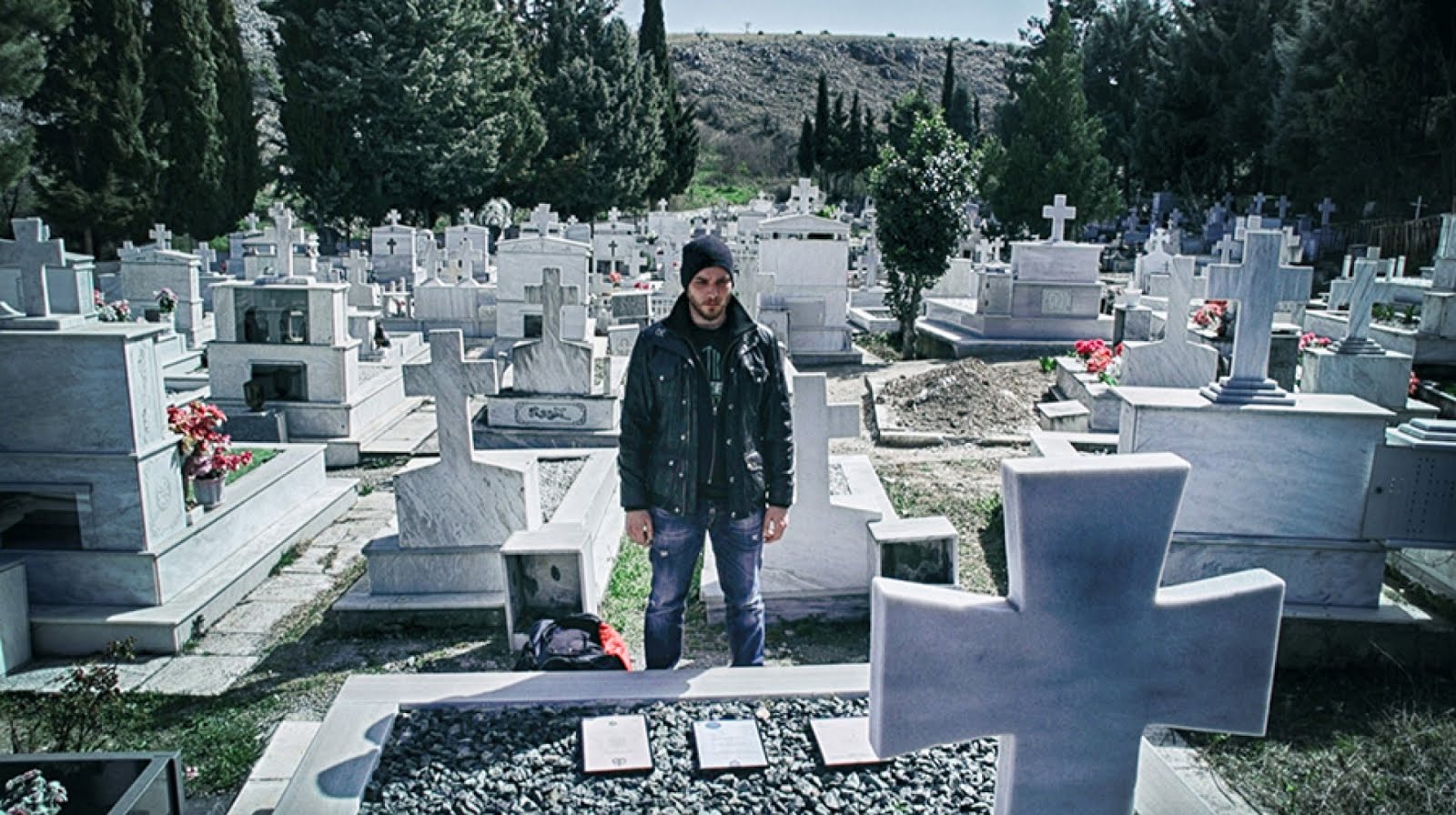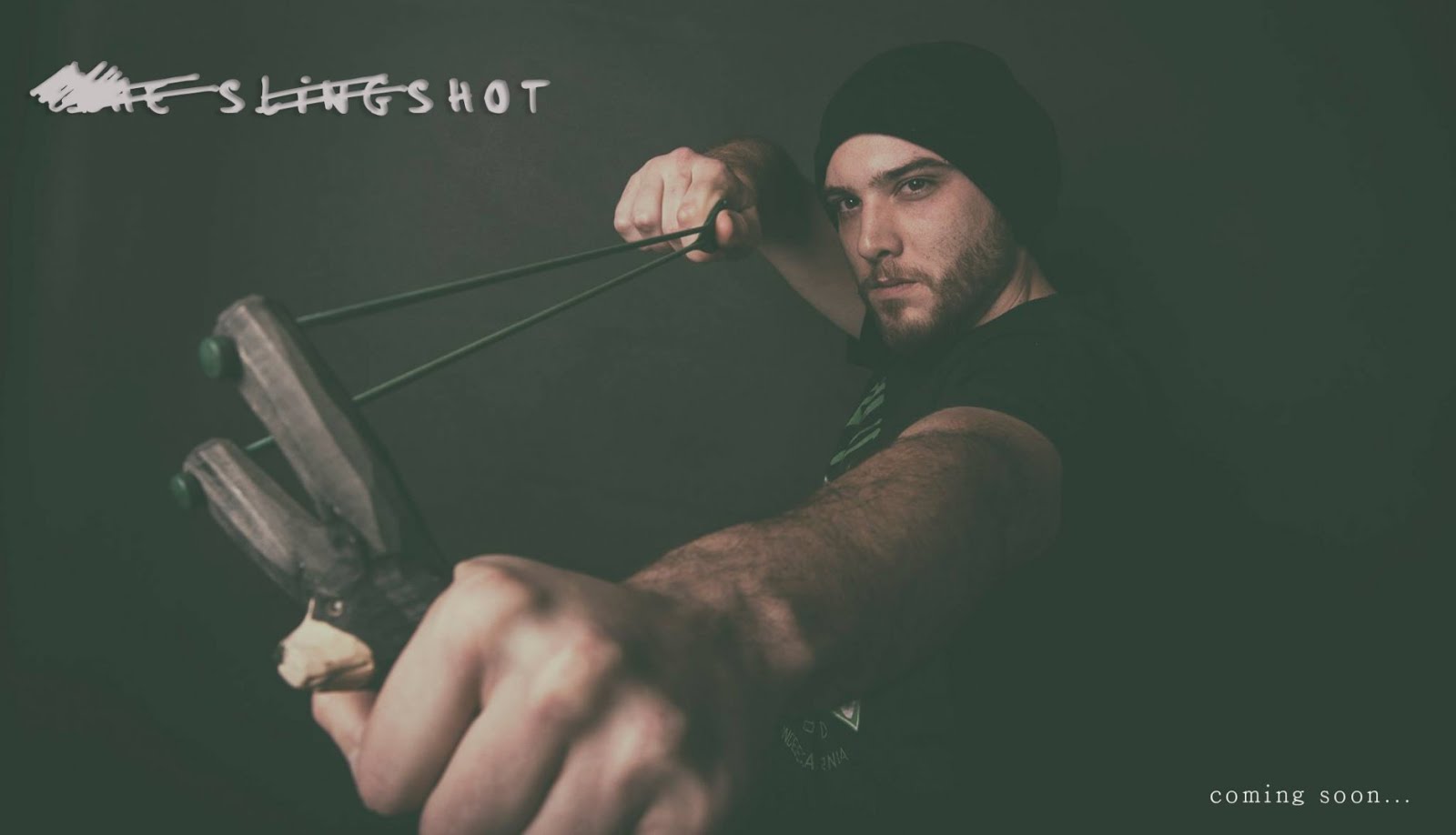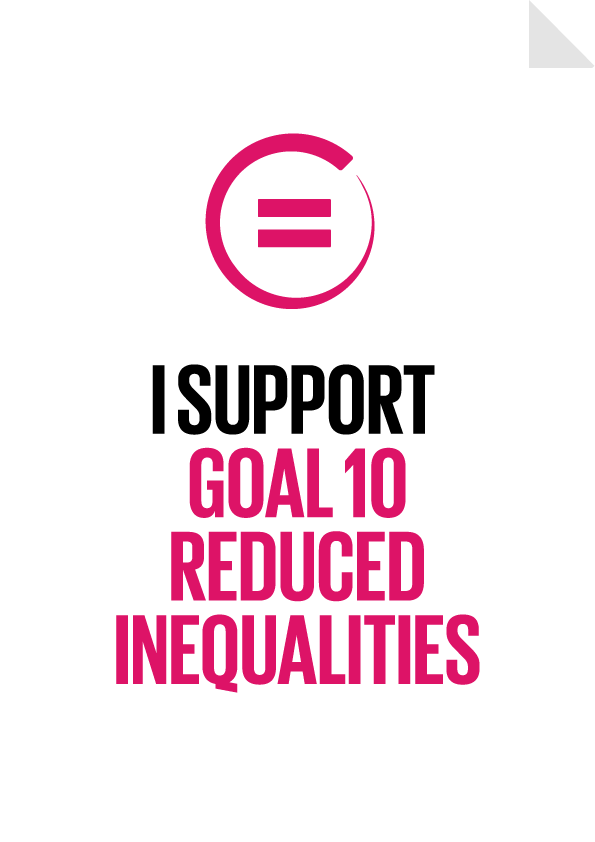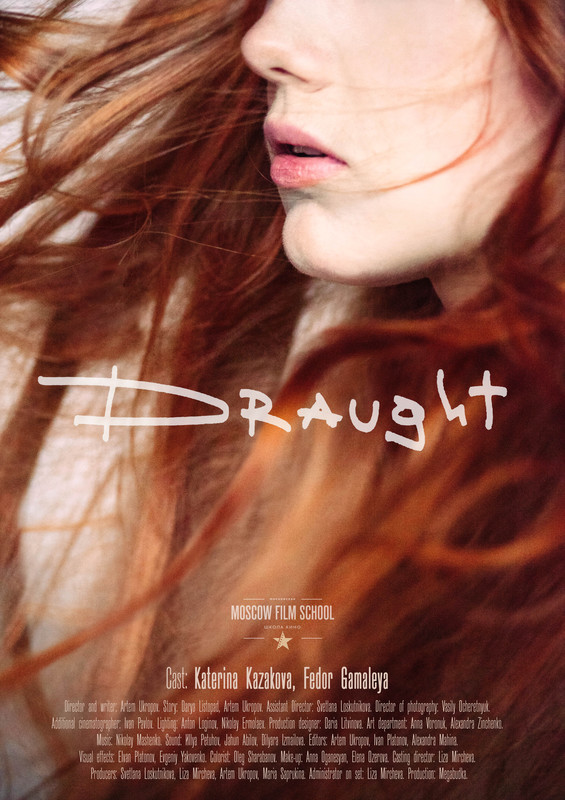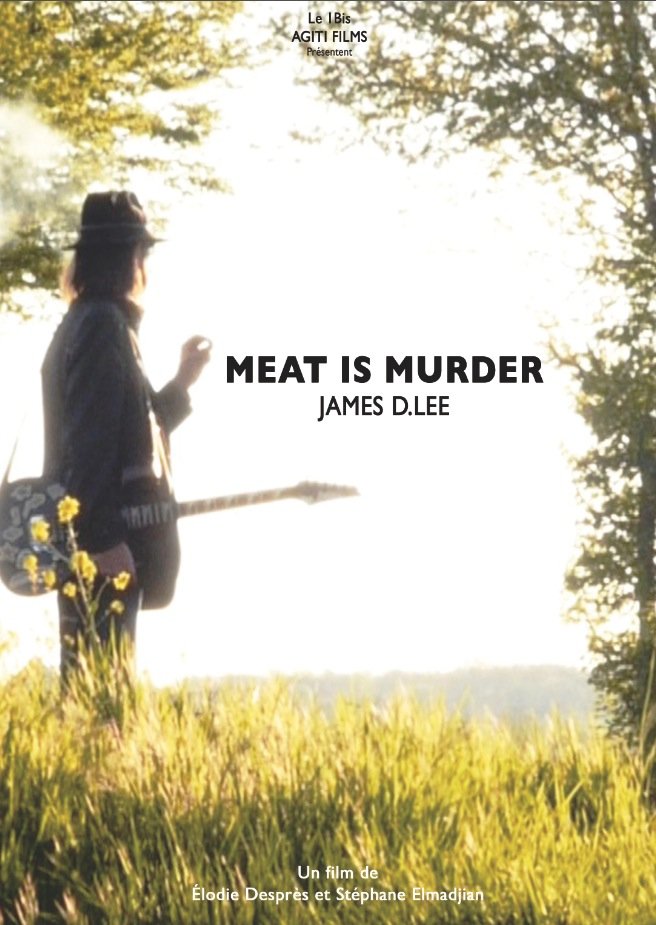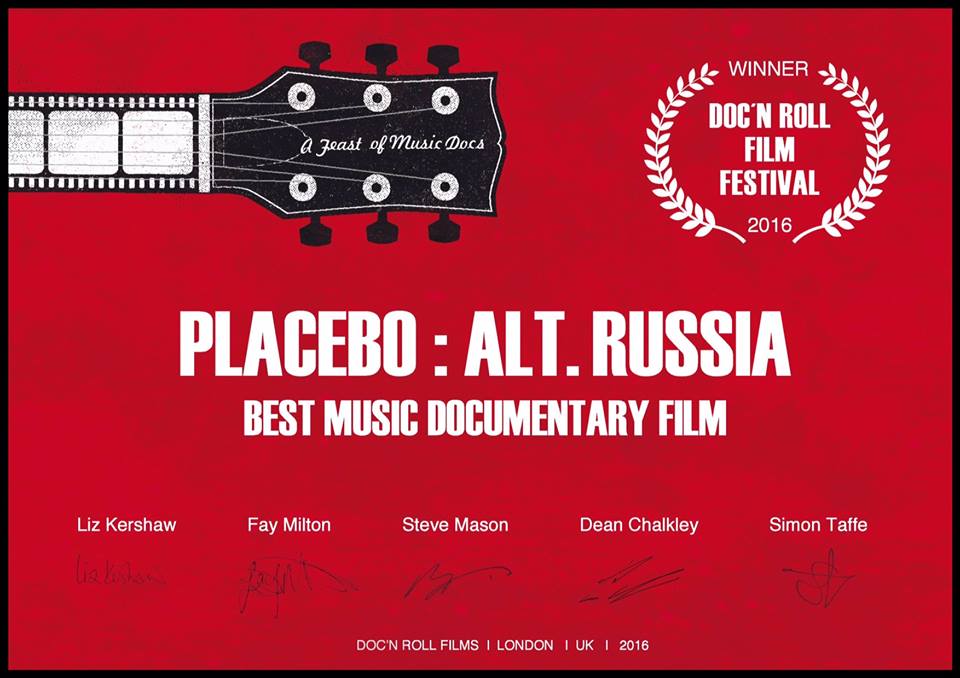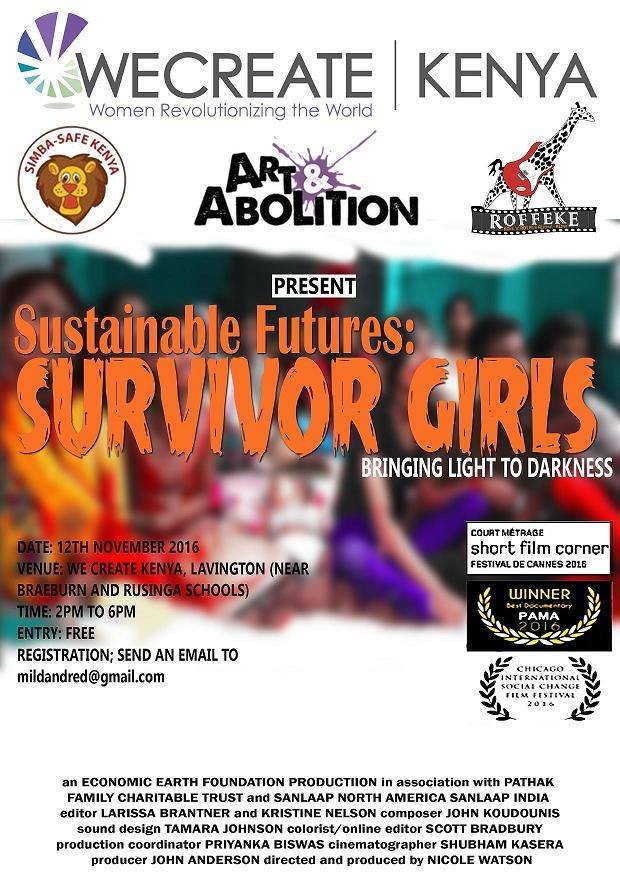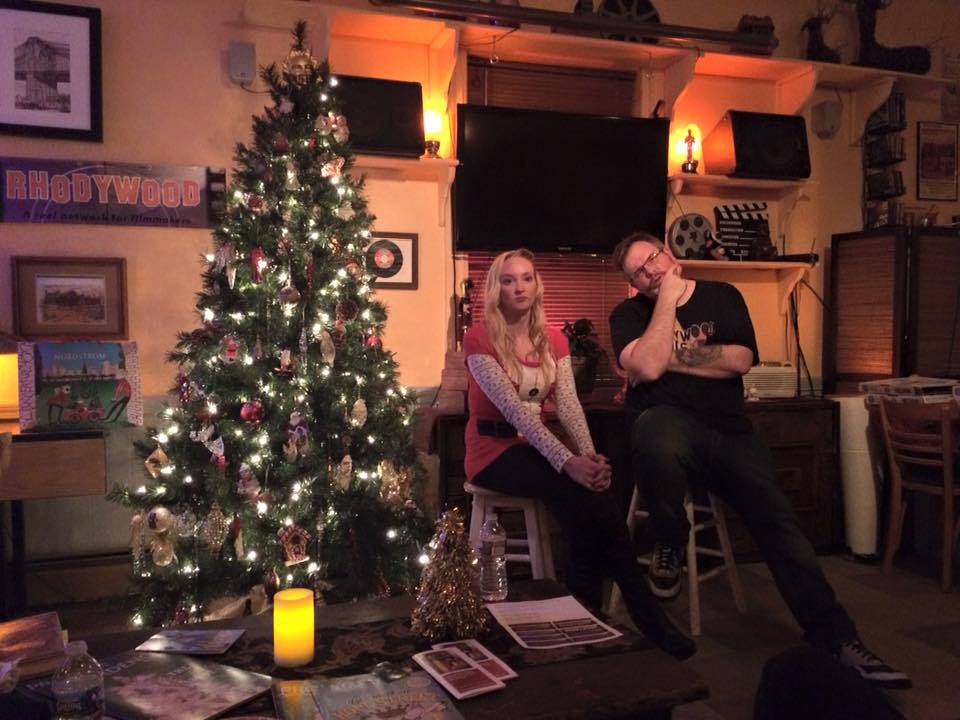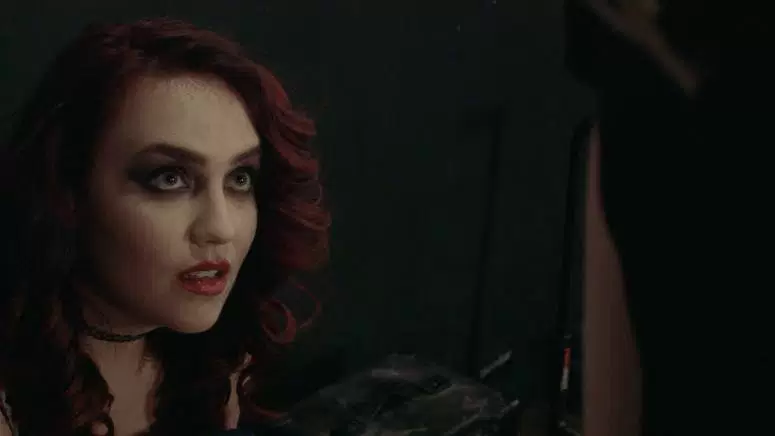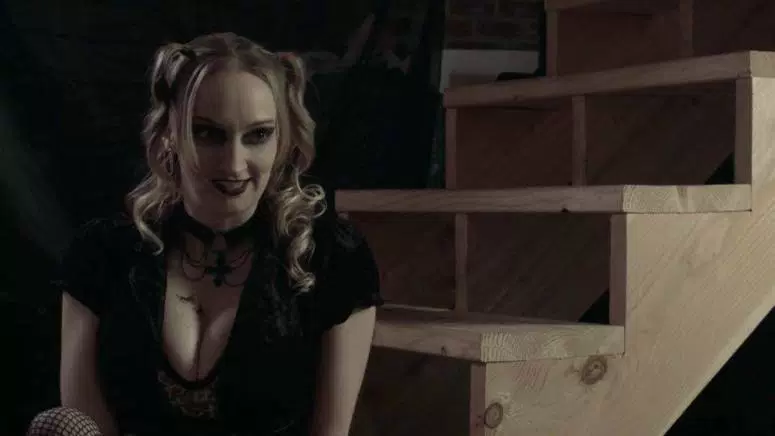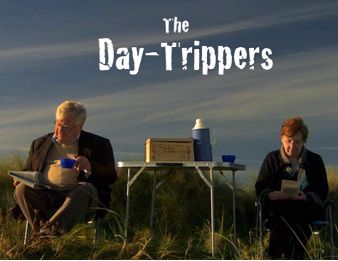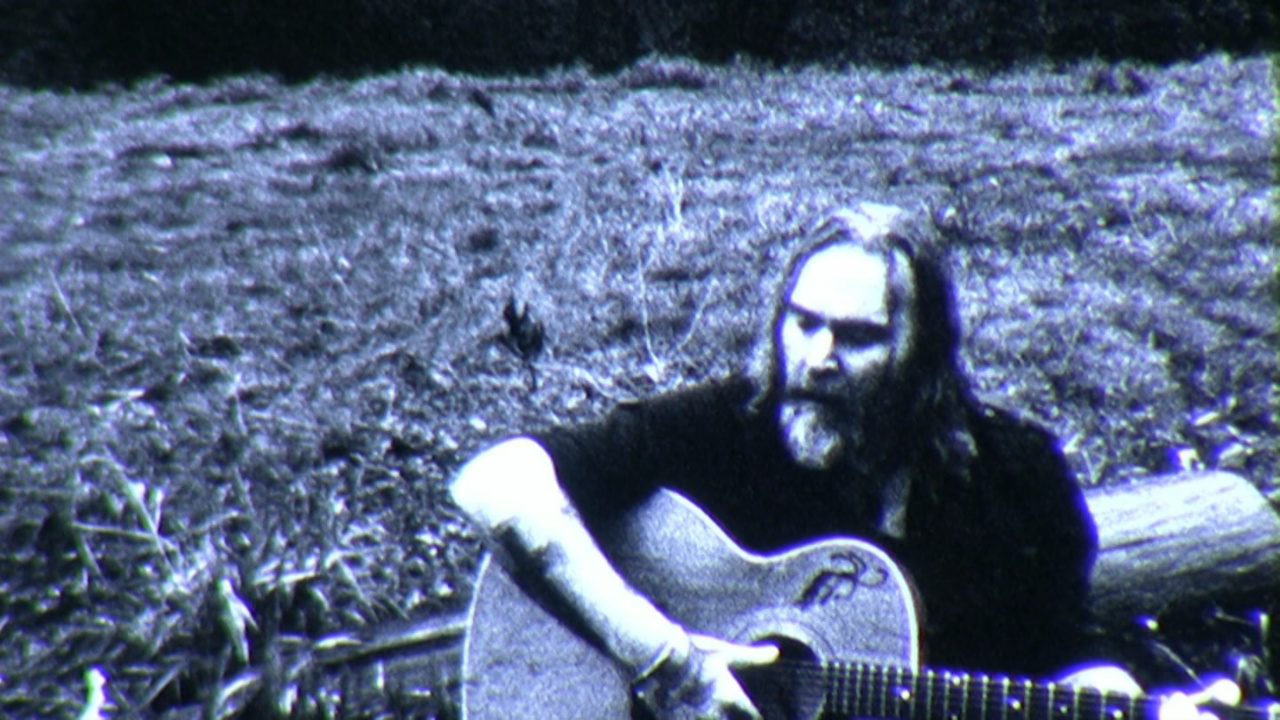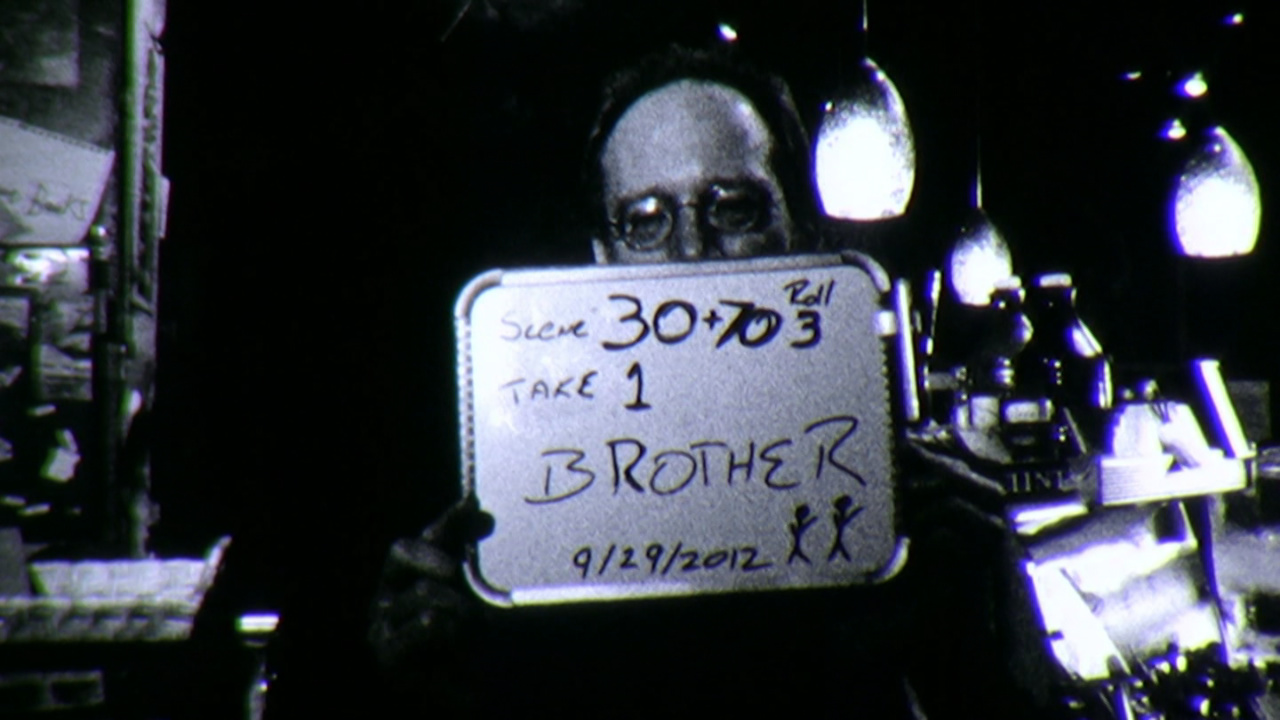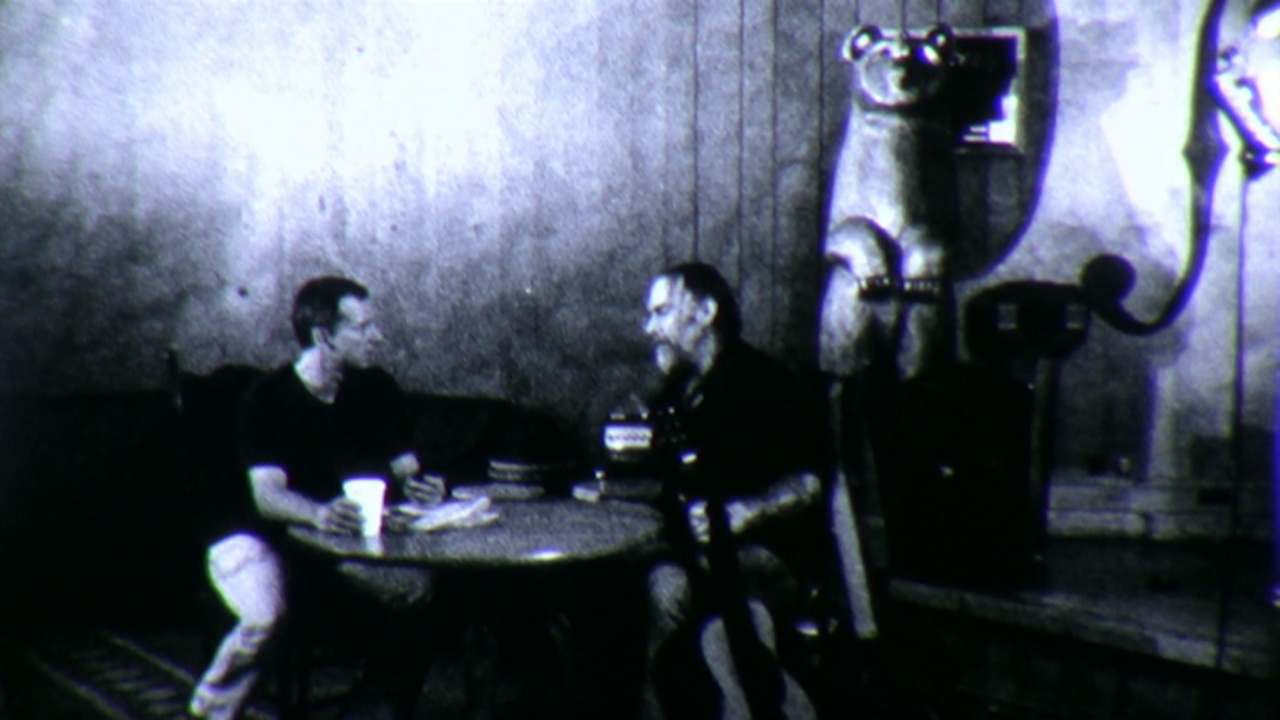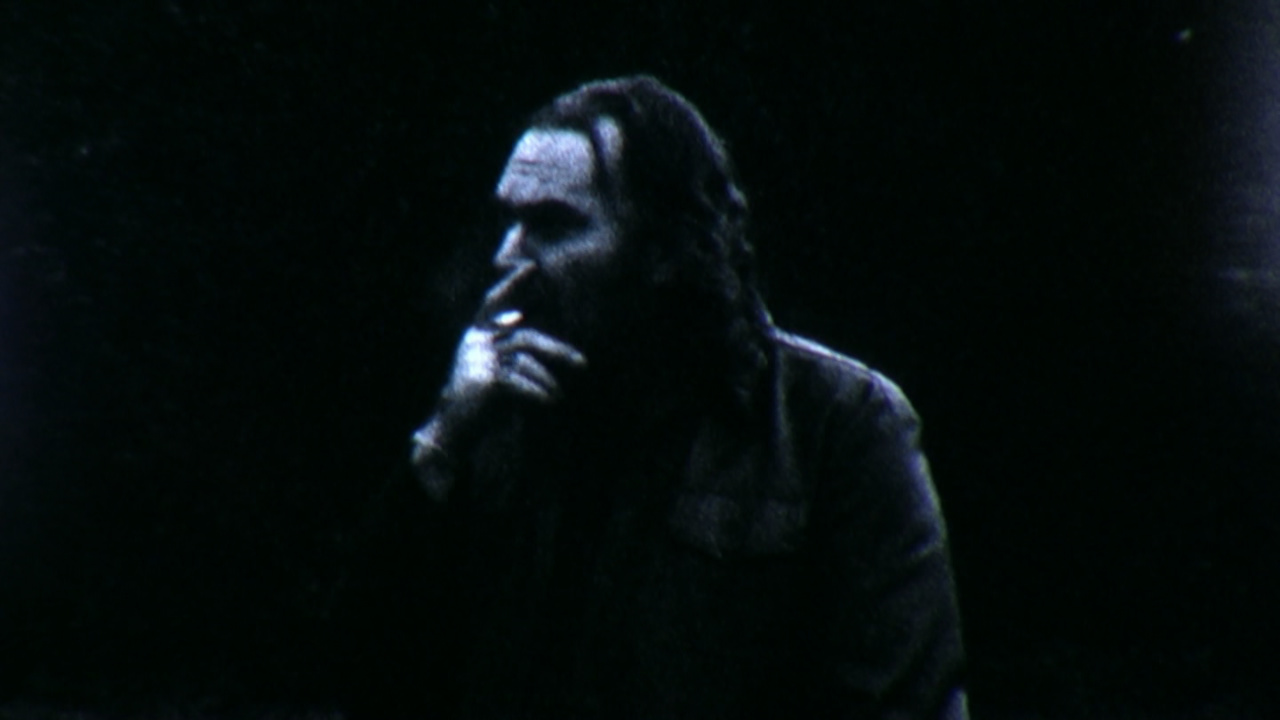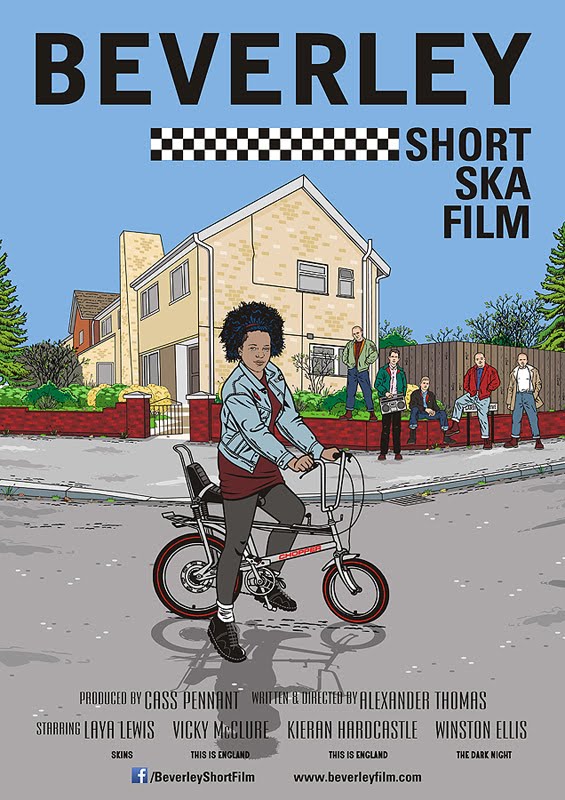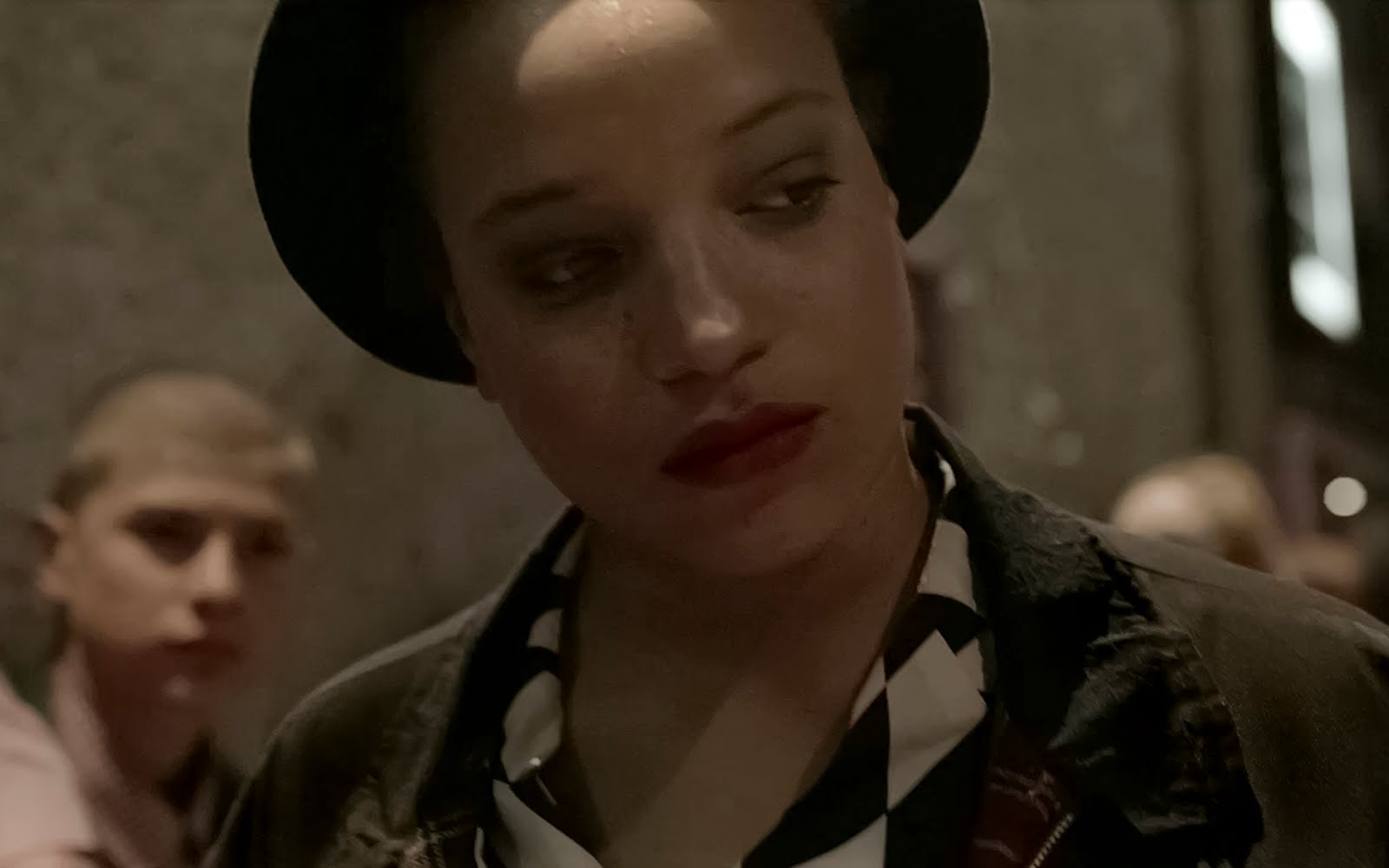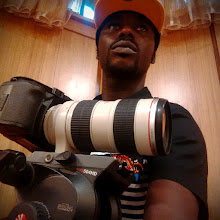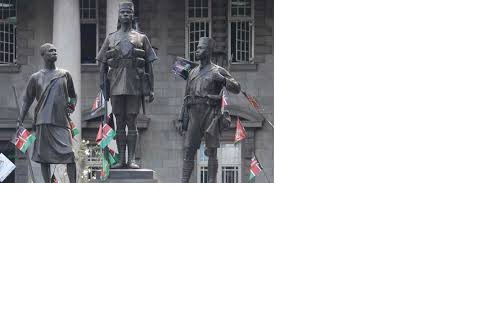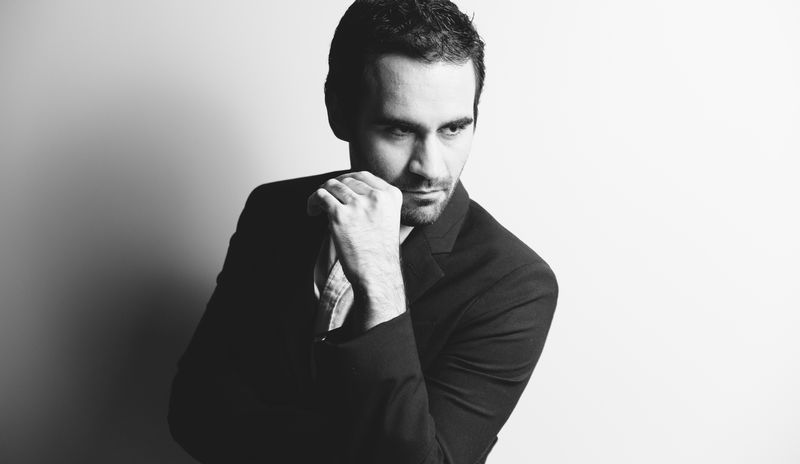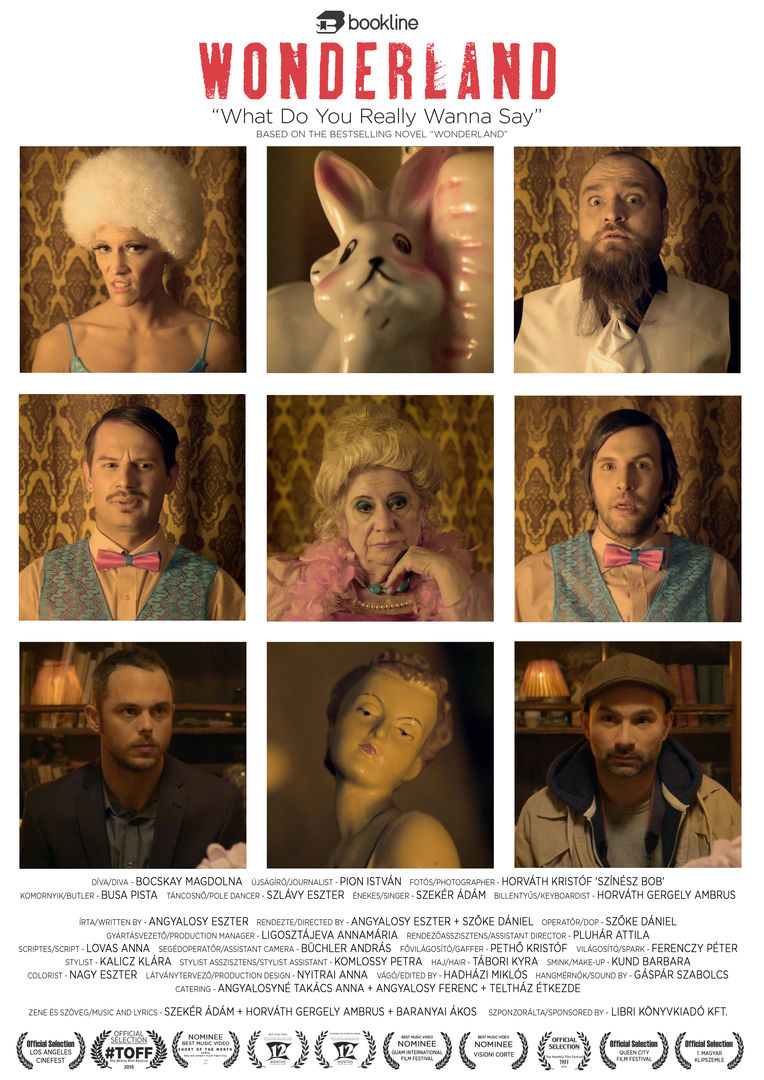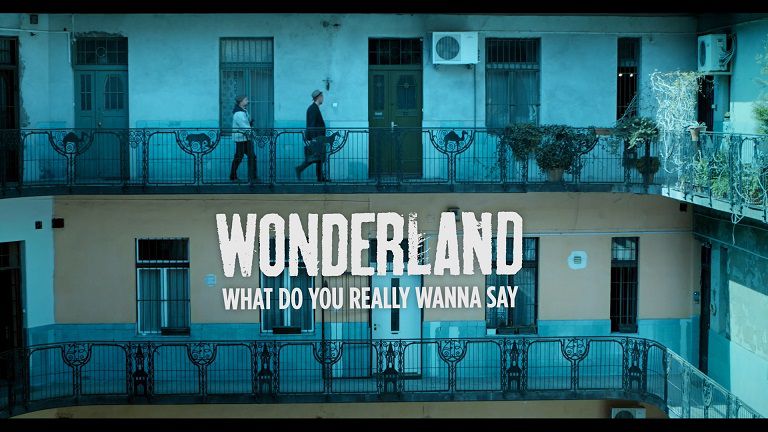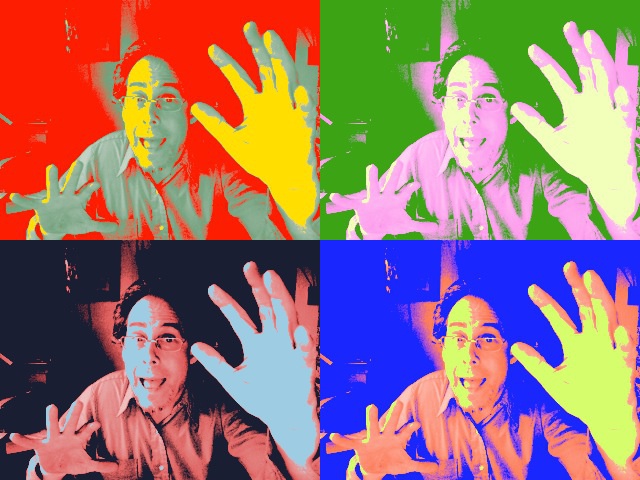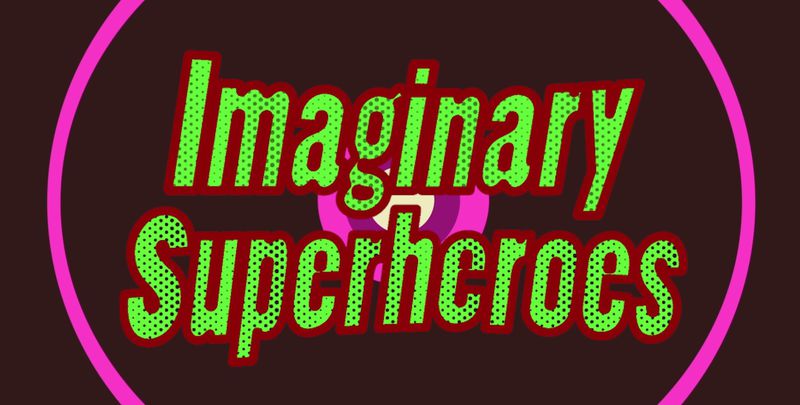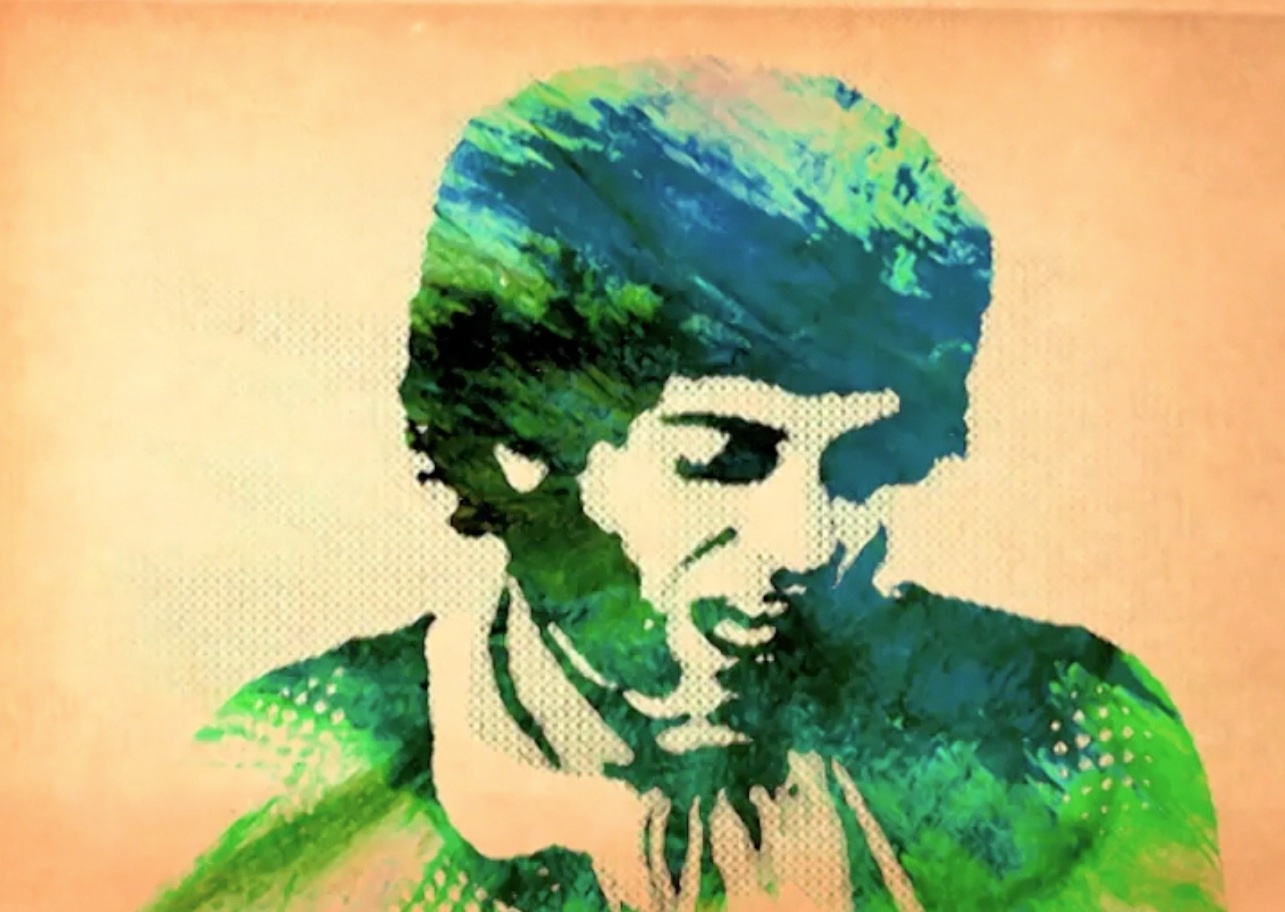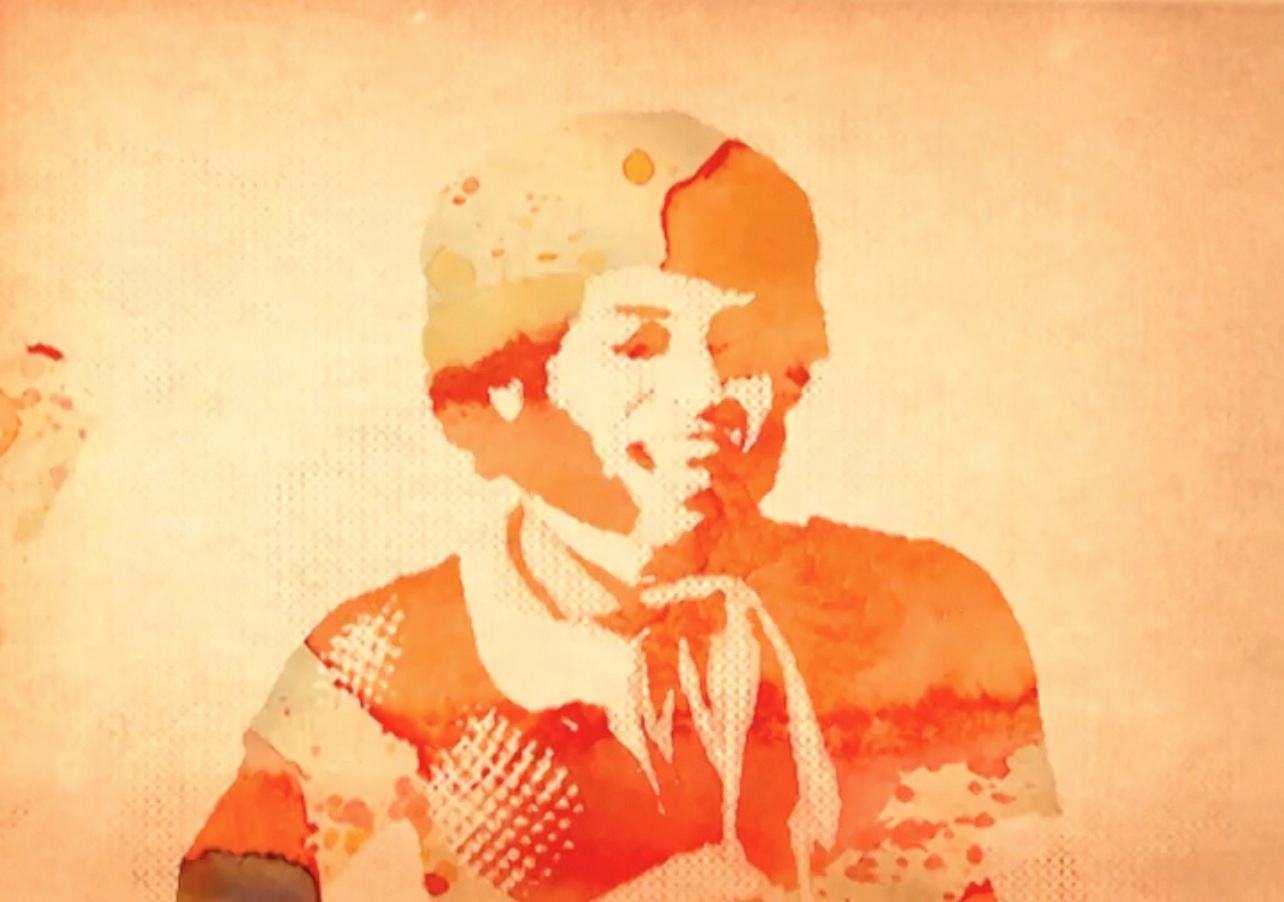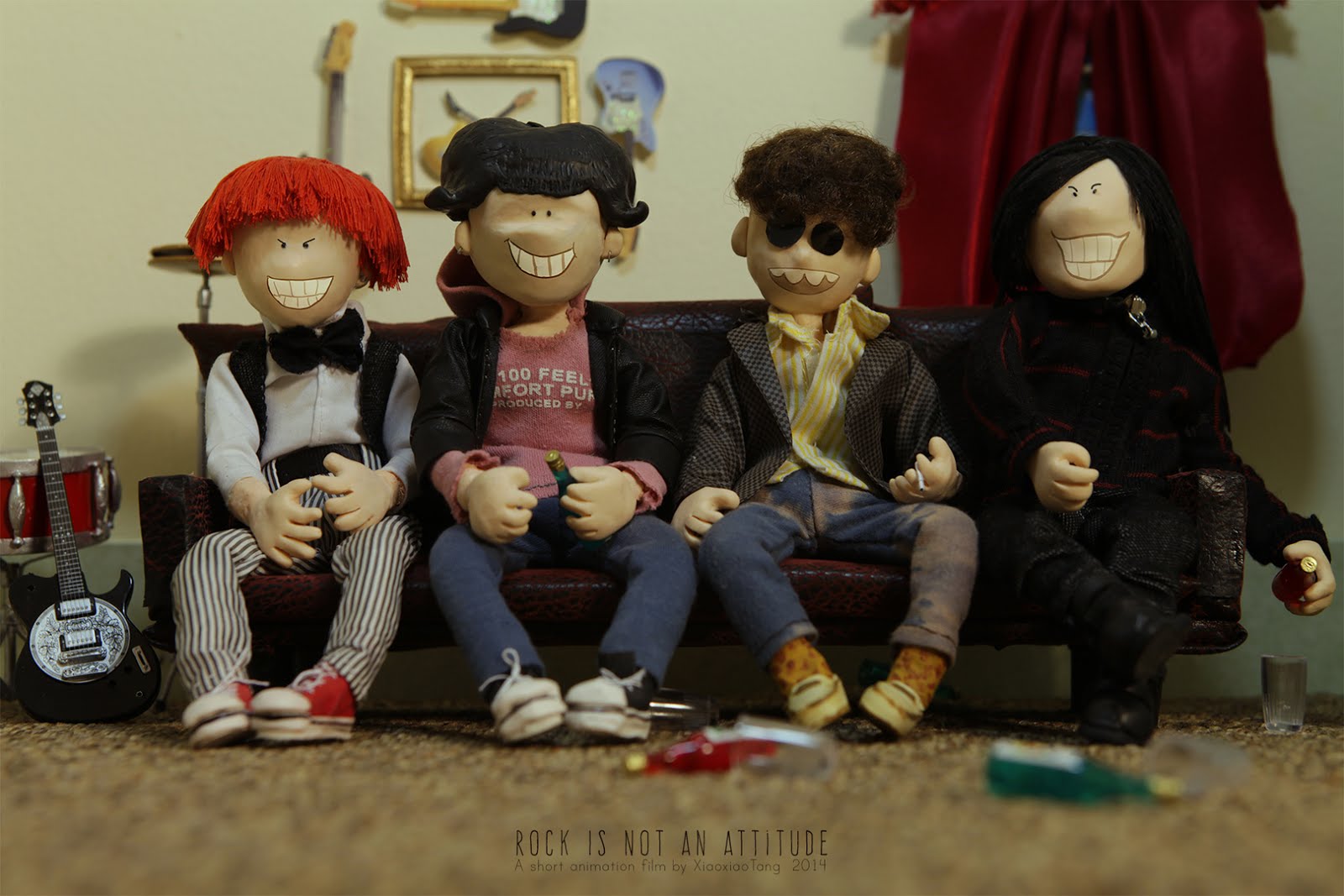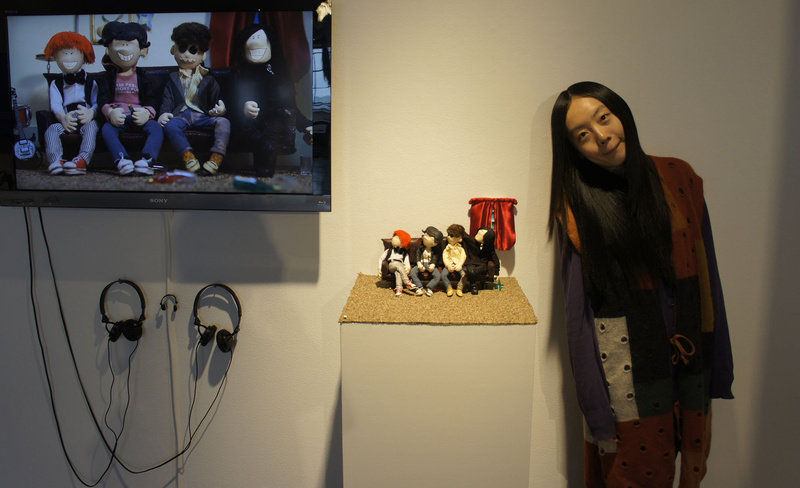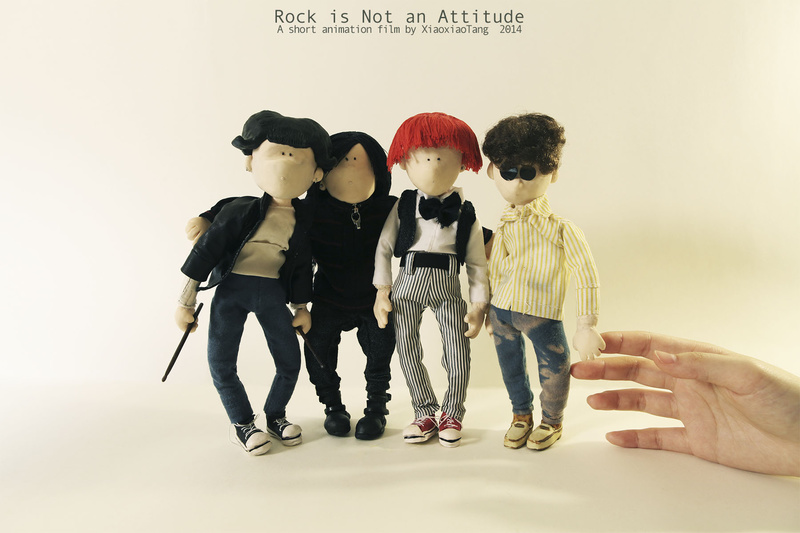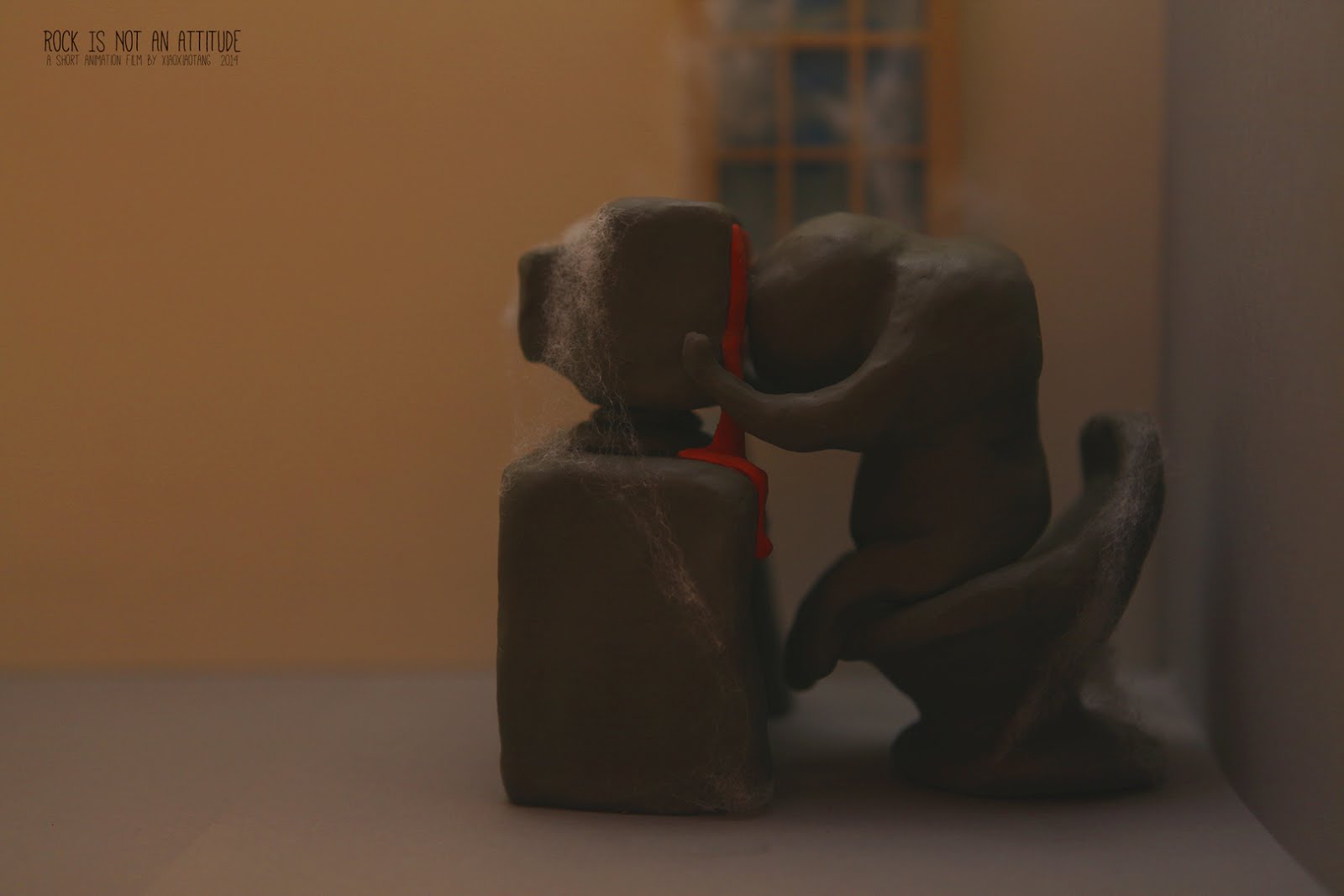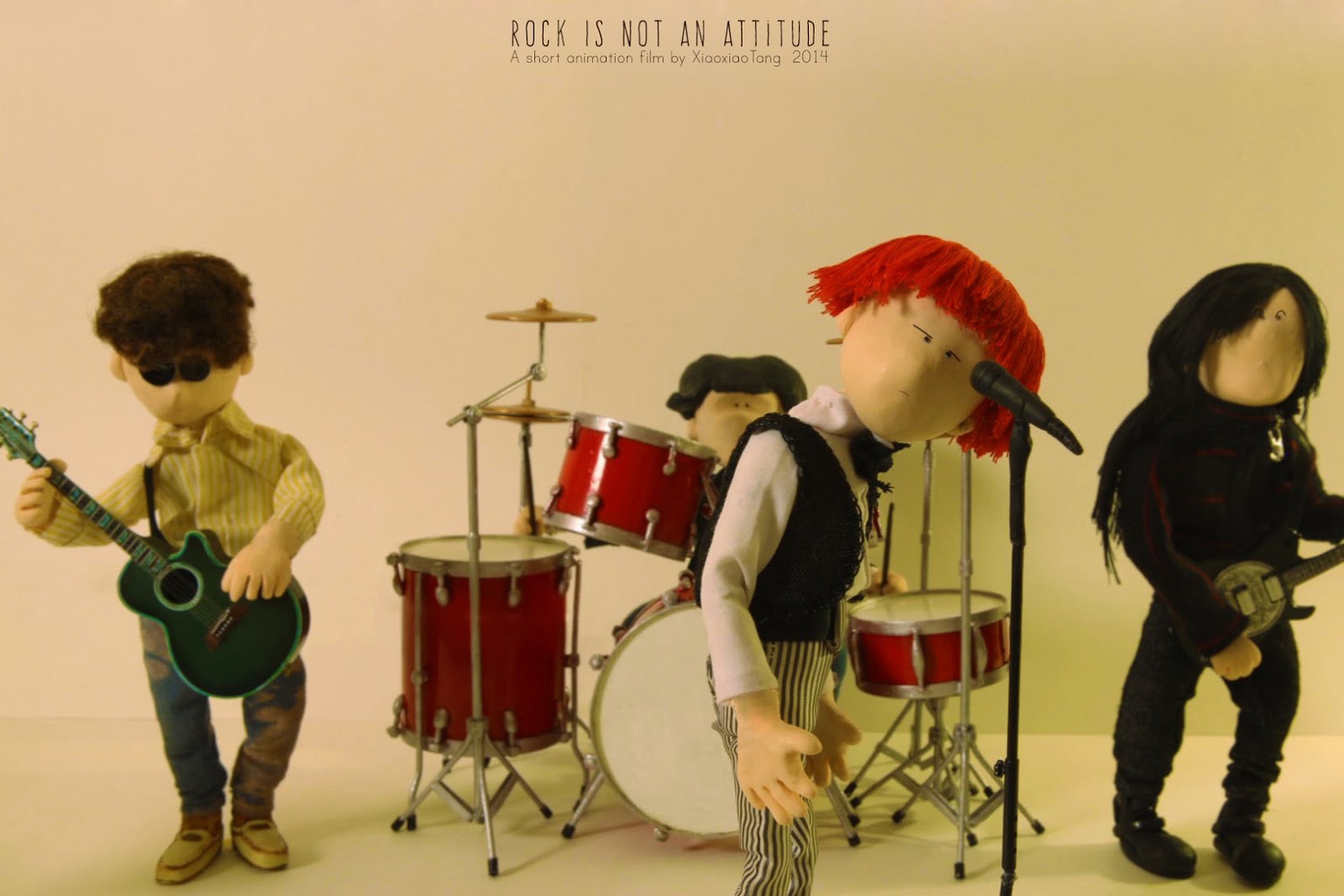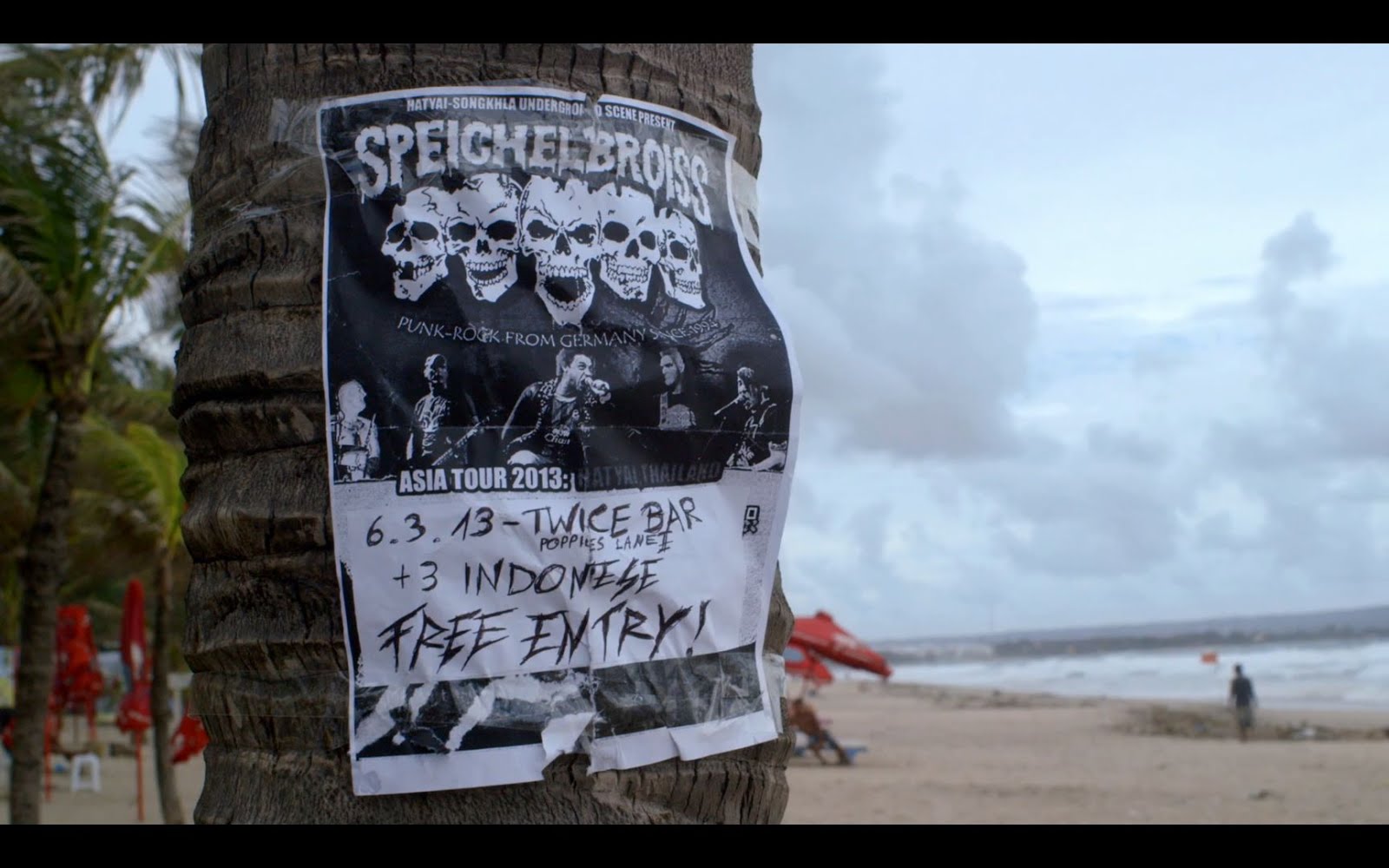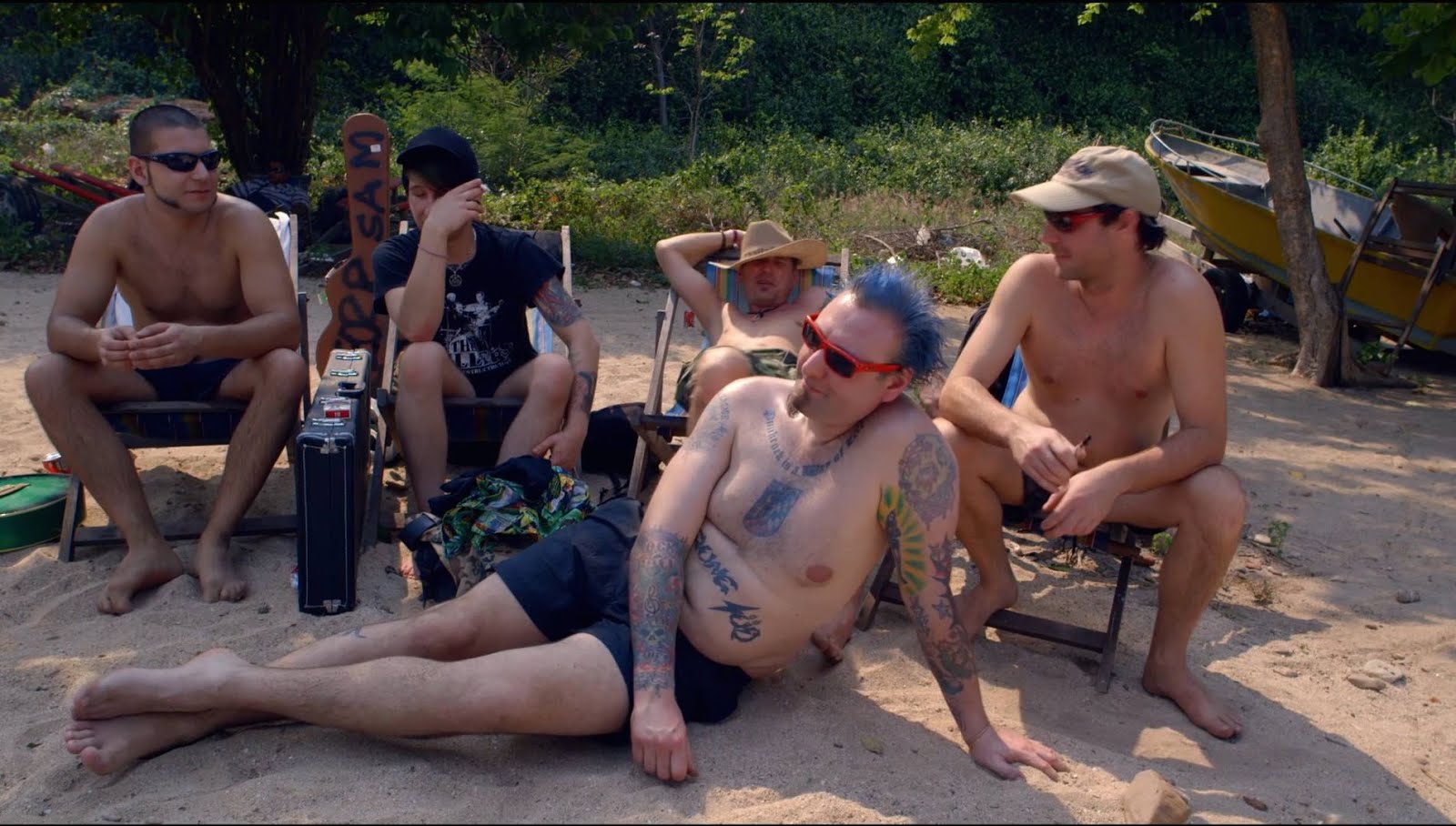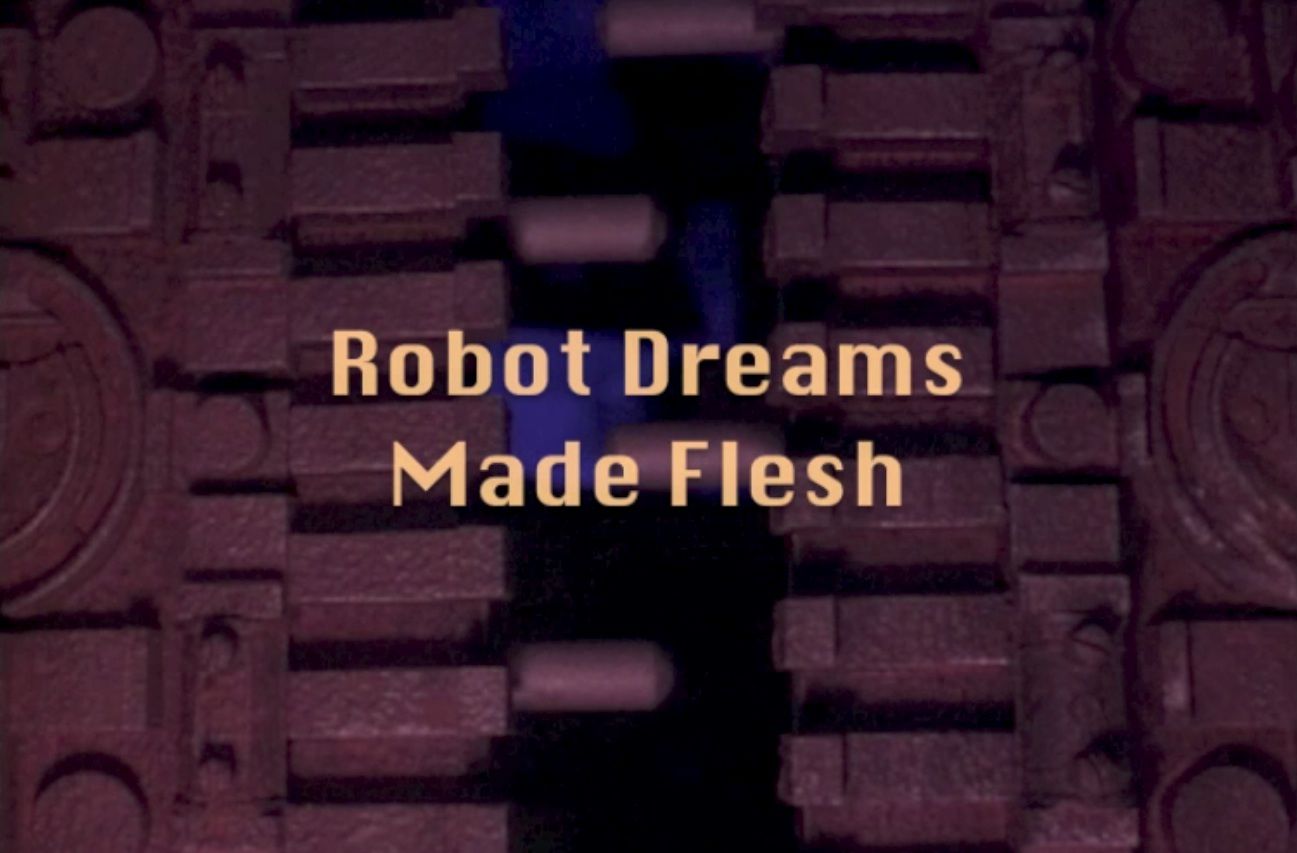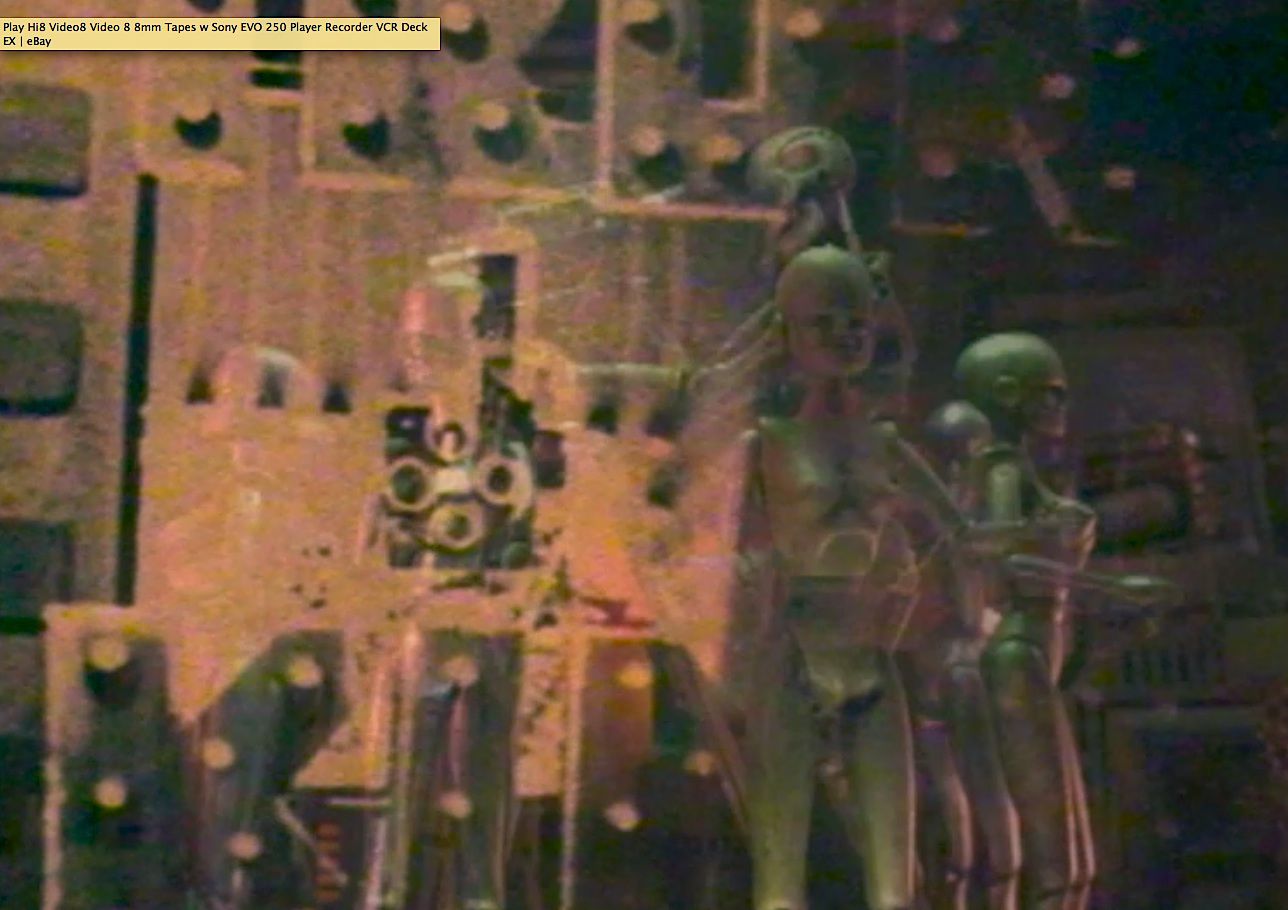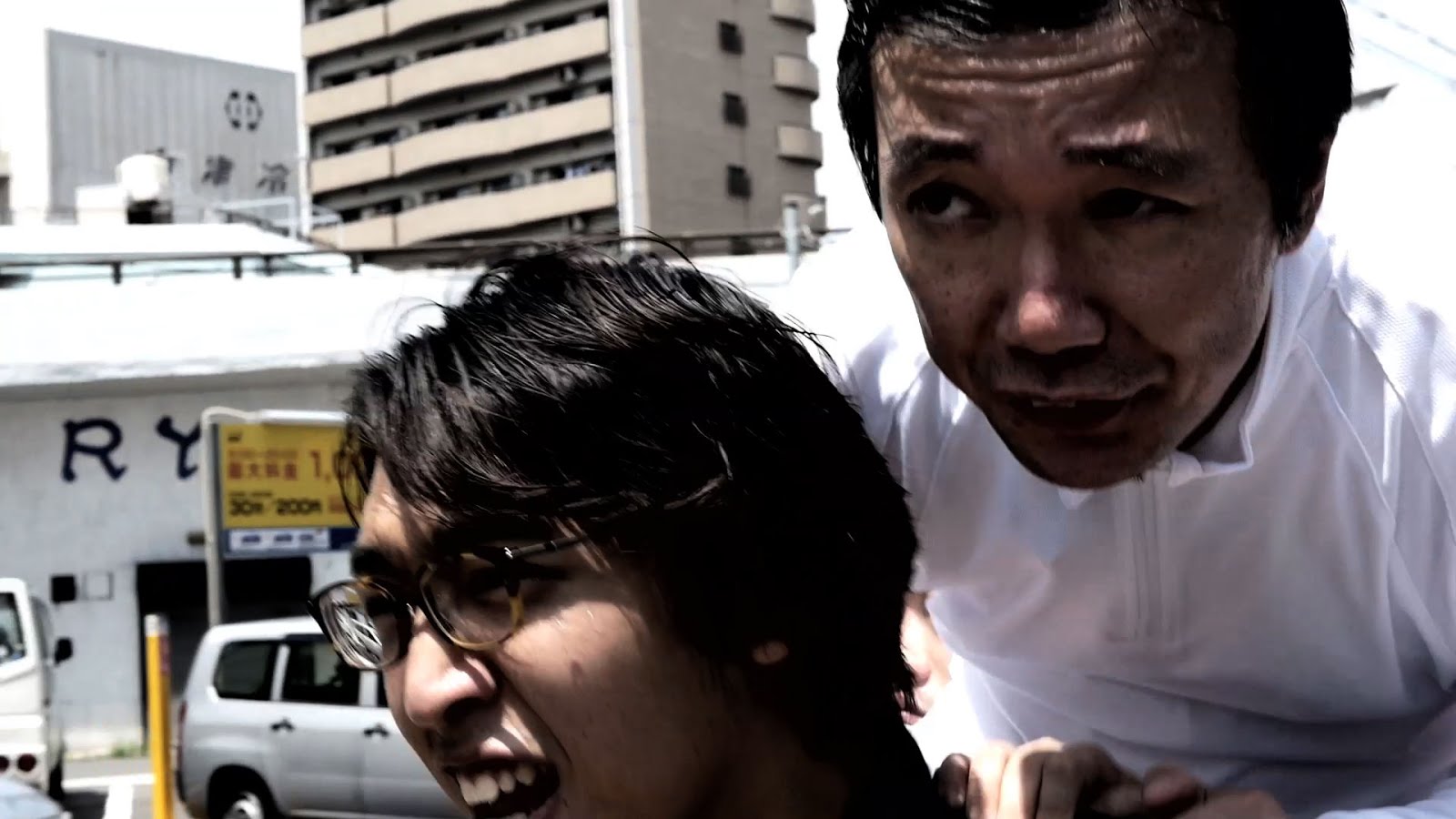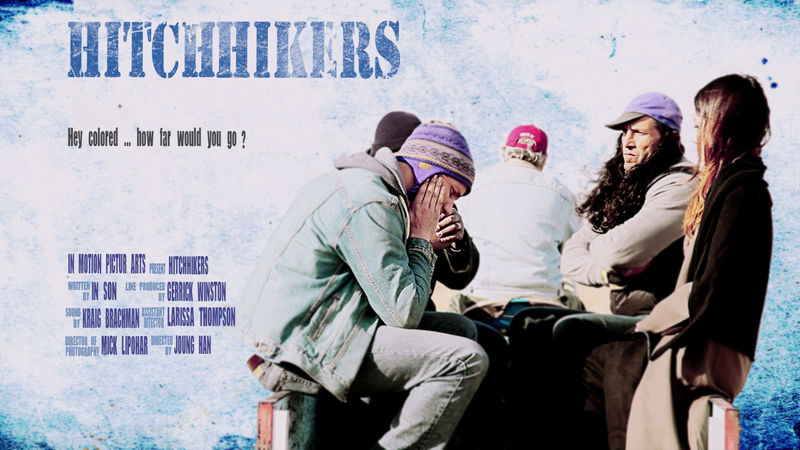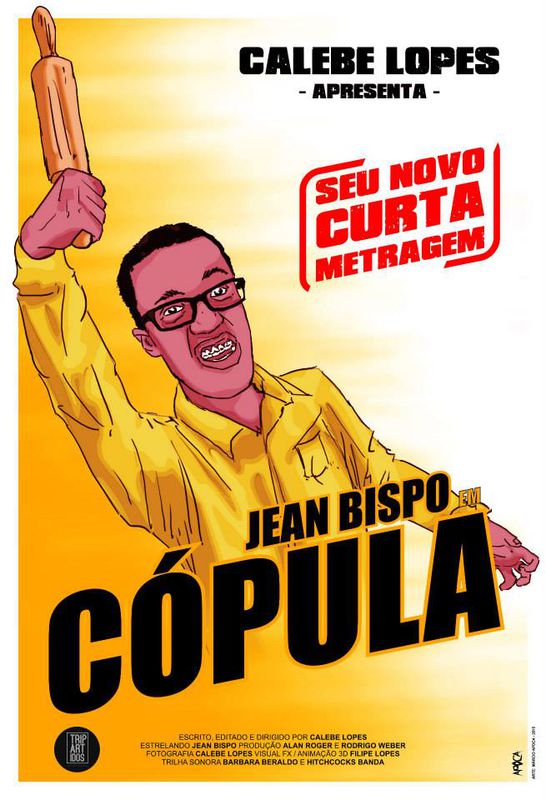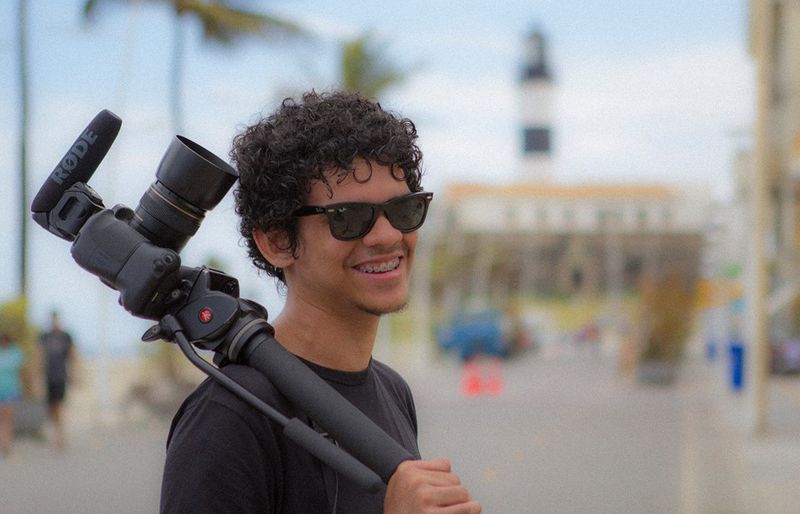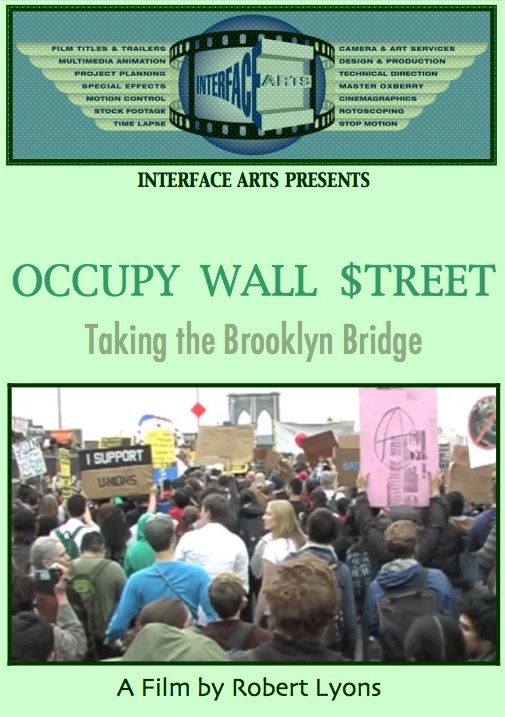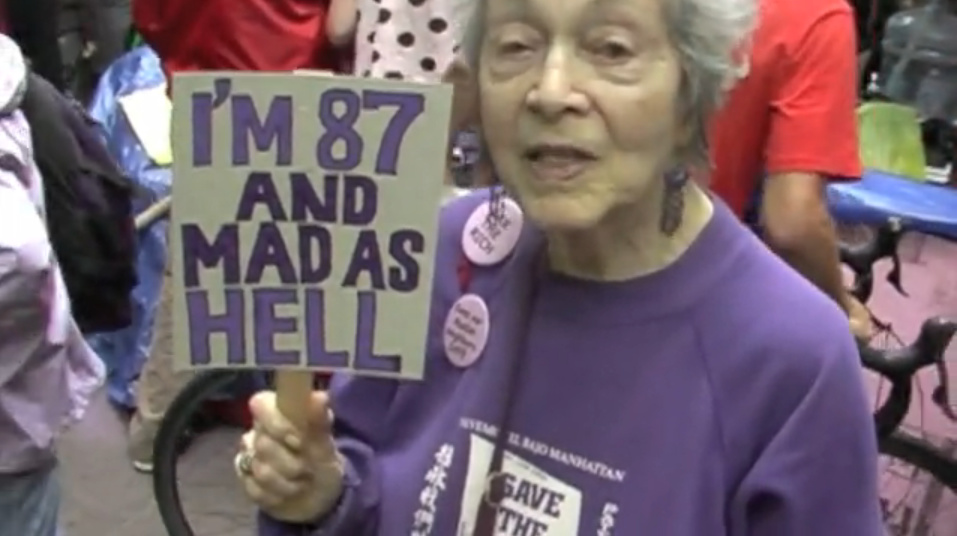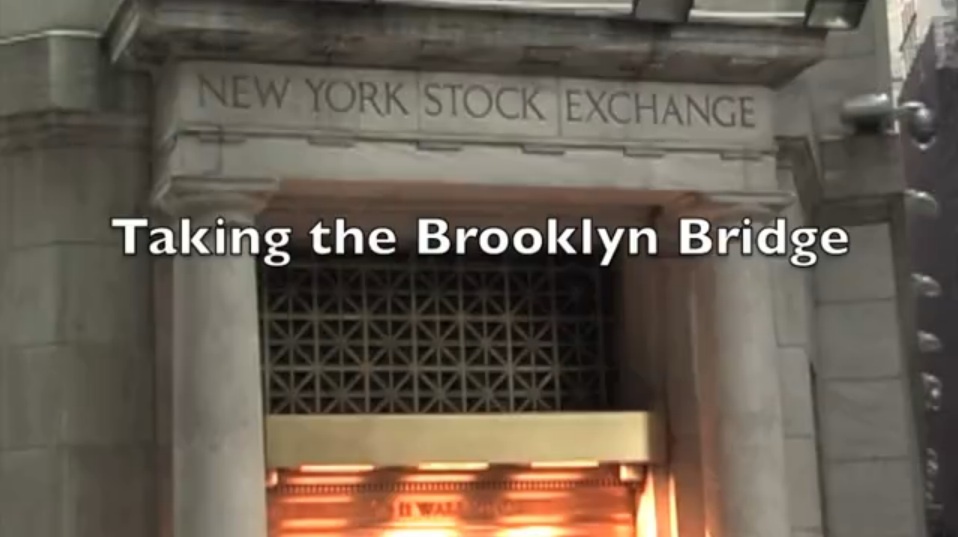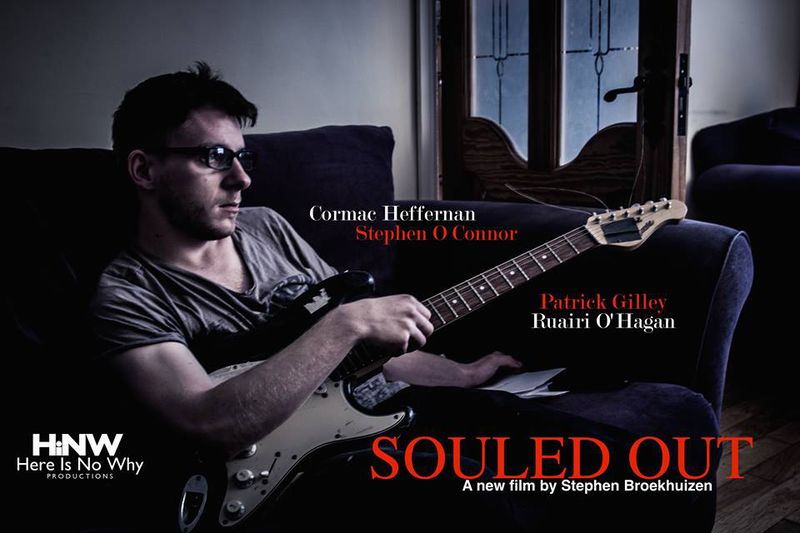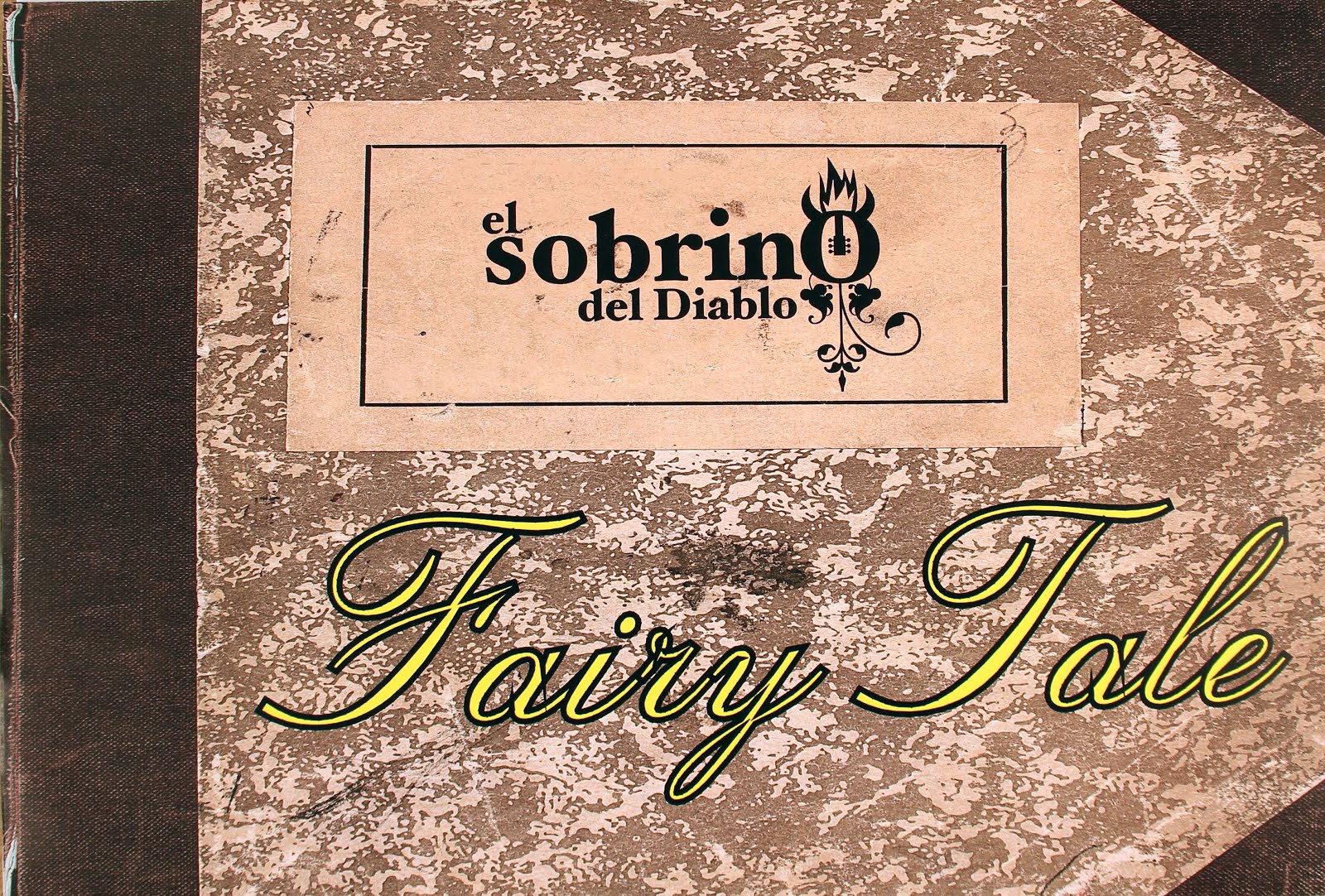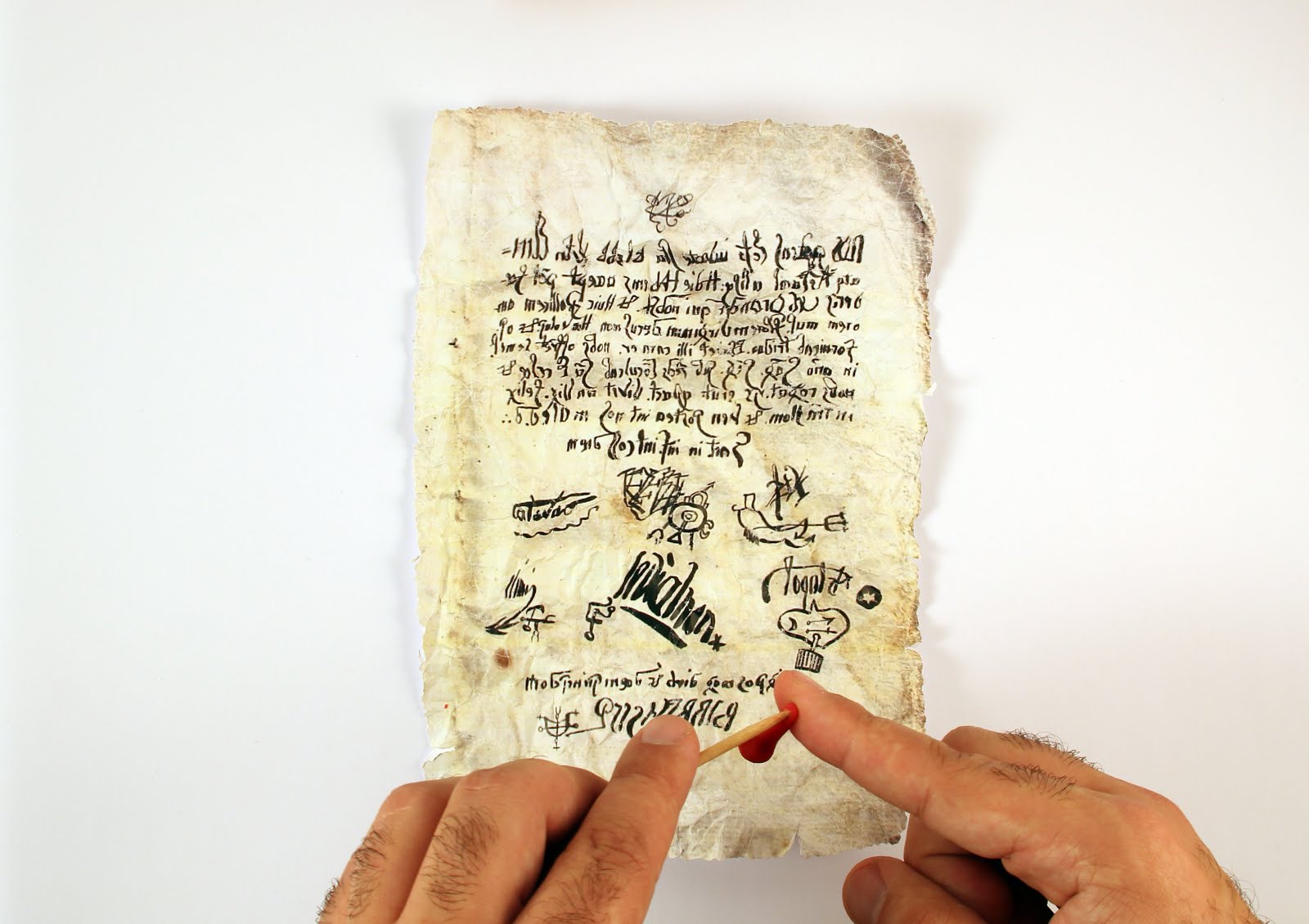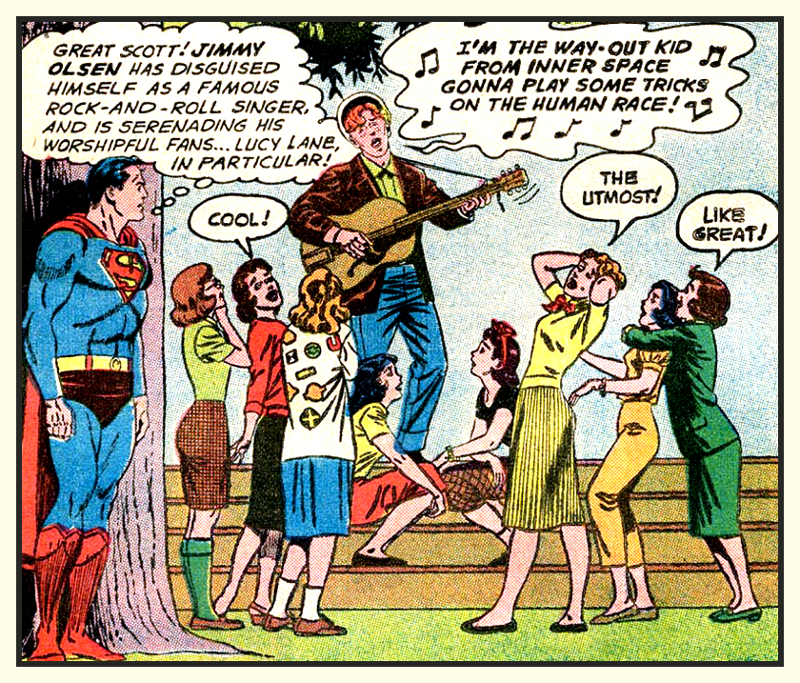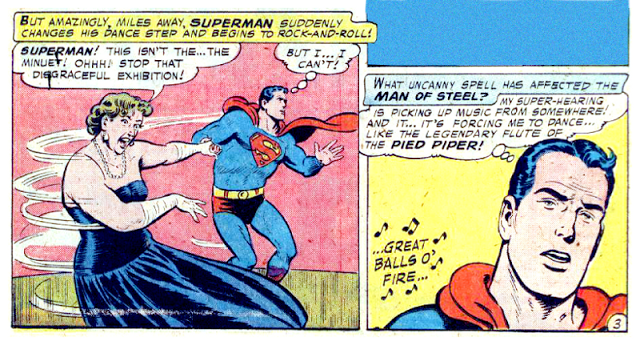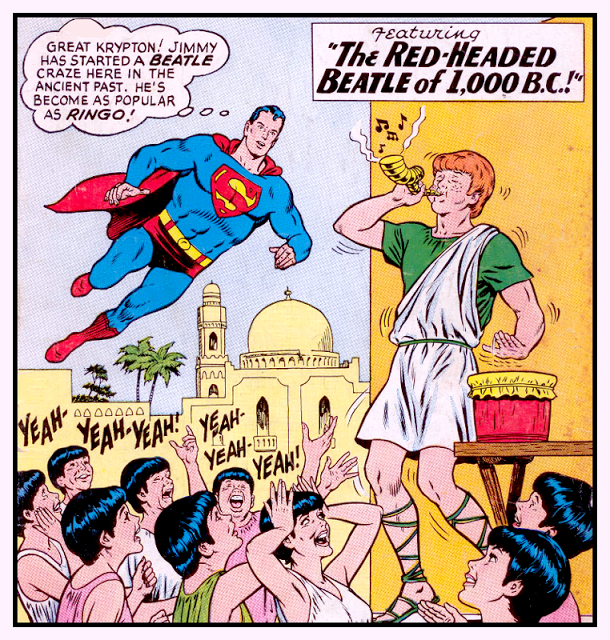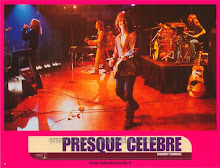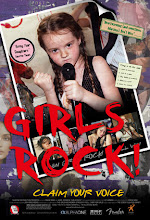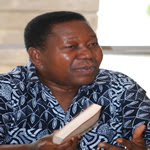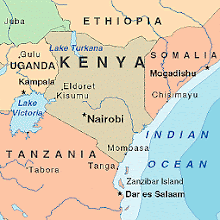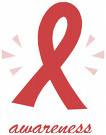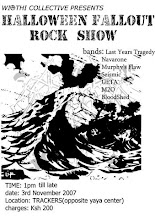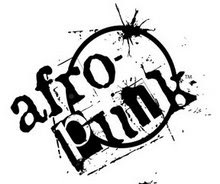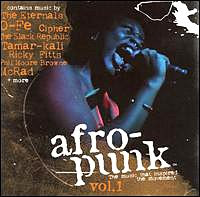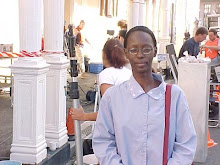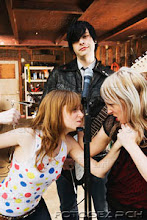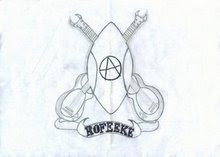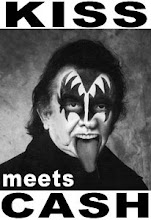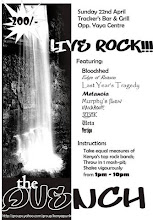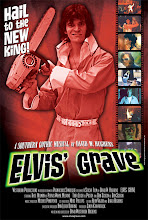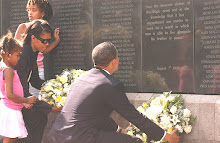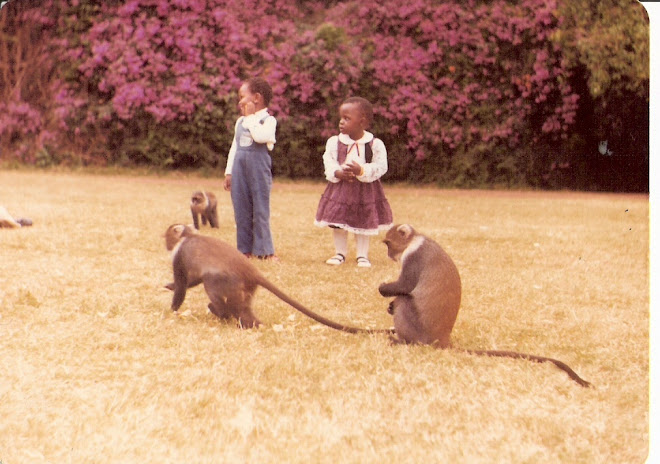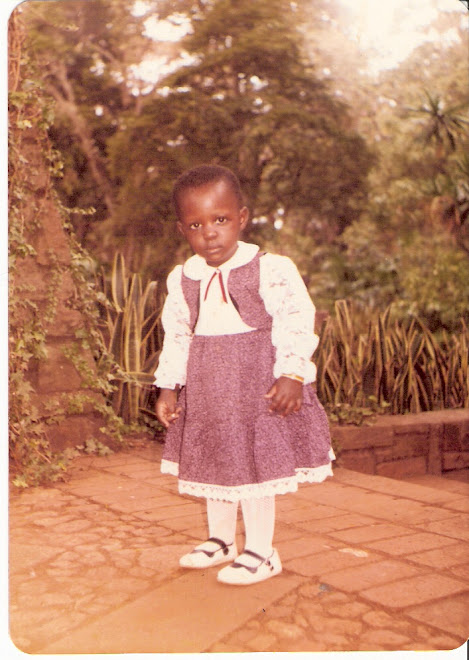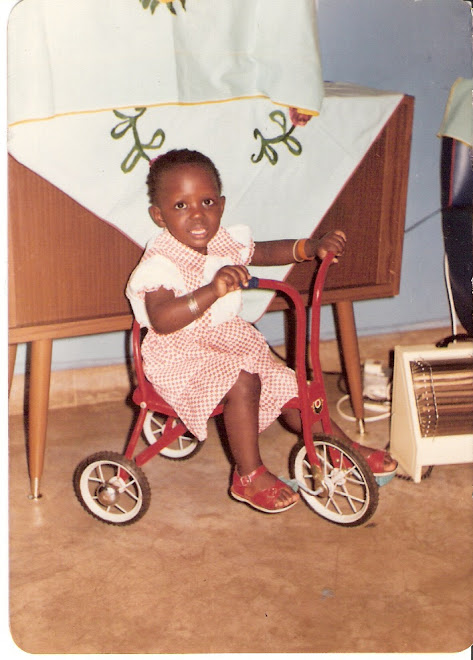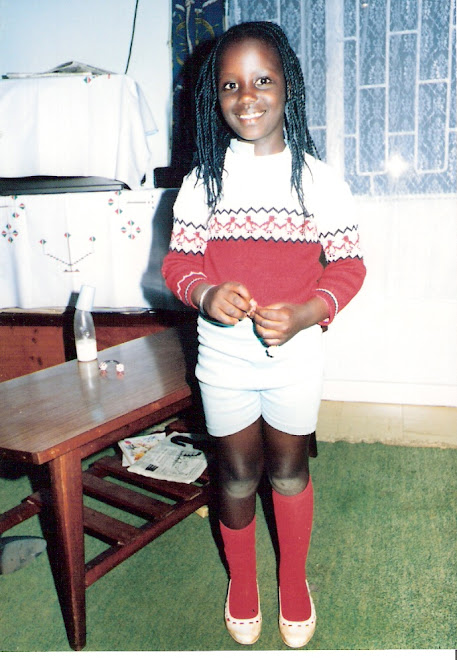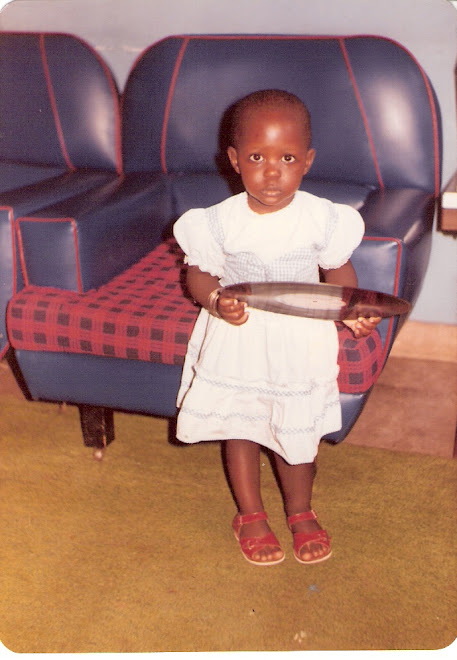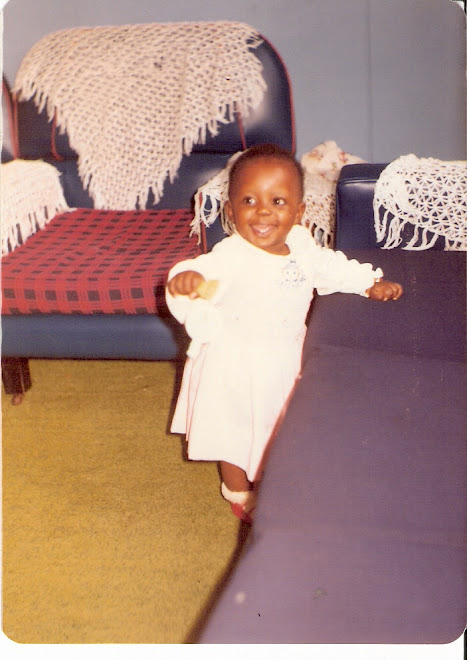The soundtrack of this blogpost is #ROFFEKEOFFICIALSELECTION2016 "Don't Eat the Cow", a tongue-in-cheek vegetarian anthem by Graham Perry.
Sacred cow, I want you now!
I need you in my casserole!
India, Australia,
The poison just-a keep affectin'
In her article titled "Meet Meat 2.0: the future food "farmed in labs" Amy Au writes: "Convincing the most committed carnivores to compromise is hard. No one wants to be finger-pointed at what's on one's own plate." Meat is not just a personal choice issue. It does also touch on a numbert of SDGs (Sustainable Development Goals):
SDG 2: End hunger, achieve food security and improved nutrition and promote sustainable agriculture.
SDG 3: Ensure healthy lives and promote well-being for all at all ages.
SDG 6: Ensure availability and sustainable management of water and sanitation for all.
SDG 8: Promote sustained, inclusive and sustainable economic growth, full and productive employment and decent work for all.
SDG 9: Build resilient infrastructure, promote inclusive and sustainable industrialization and foster innovation.
"remaking meat is one sector of the food industry that is ripe for innovation and growth." - Bill Gates.
SDG 12: Ensure sustainable consumption and production patterns
SDG 13: Take urgent action to combat climate change and its impacts
Amy Au informs us that: "While the livestock sector supports livelihood of one billion of the world's poor, and its products provide one-third of our protein intake, it poses serious threat to our environment: it is responsible for 14.5 percent of GHG emissions, 29 percent of total water footprint of agriculture, and occupies 30 percent of the land surface of the planet."
Mooooove over! You gotta make room for the cow!
Mooooove over! You gotta make room for the cow!
Meat is Murder
Director(s): Elodie Desperes and Stephane Elmadjian
Duration: 9mins 32 secs
Country of Origin: France
Reviewer: Josephine Koima
When you first google search ‘Meat is Murder’, the first thing that pops up is the 1985 studio album by The Smiths, by the same name.This short film is a music video by rock star James D. Lee.
The beginning of the video features an off-screen conversation between two people (possibly women) who discuss their love for meat.’ Eating meat is like making love actually, it feels good. Especially when it’s all rare and bloody juicy Meat is awesome’. However, the music is nothing about loving meat. James D. Lee starts by chanting ‘Meat is murder’ followed by strumming on his electric guitar, a sound that reverberates over the lush field on which the simple video is set. One can feel his brokenness and distress as he shouts ‘Meat is murder’. Apart from the lyrics of the song, attention is turned to the beautiful visual elements e.g. the horses grazing, long paths, the vegetation which is made possible by wide angle shots. There is also a close up shot of the amplifier buttons.
Various rock stars and fans oppose any kind of animal killing, whether for meat, or sports. E.g. there was a 10,000 strong petition to ban the band Metallica from performing in Glastonbury (in 2014) due to frontman James Hetfield’s support for bear hunting. It is somewhat counter to the genre’s origins as an excuse for all-purpose carnage and desecration. As Paul Lester wrote ,’Is there an essential contradiction in rock’n’rollers – supposedly synonymous with destruction and teenage rampage – siding with things ethical, moral and good? And can a clean, pure, meat-averse friend of the furry make a credible rock noise? Rock should be savage – but can it embody the feral while denying its primal urges?’ From The Guardian.
Going back to the Smiths, there’s a line in their song that goes, ‘The flesh you so fancifully fry is not succulent, tasty or kind-it’s death for no reason, and death for no reason is murder.’ Perhaps, this 80’s rock band serves as an inspiration to James D. Lee in his own composition.
**
Going back to Amy Au's article, she writes: "Since the live animal is eliminated from the process, lab grown products are free of antibiotics and growth hormones and is, of course, cruelty free. They also use less land, water and energy, and emit less greenhouse gases."
Whatcha gonna do when the price goes up?
Whatcha gonna do when the meat runs out?
Graham Perry’s “Don’t Eat the Cow” has a dash of Red Hot Chili Peppers’ funk, a few blades of Bluegrass and a healthy dose of They Might Be Giants’ beautiful absurdness. Read a review of “Don’t Eat the Cow” and the other songs in Graham Perry’s album Jambon Gris, here.
Monday, February 27, 2017
Wednesday, February 15, 2017
Interview: "Elemento" director Nina Paola Marin Diaz (Colombia)
Synopsis:
El hombre y el agua un solo elemento./Man and water one element.
ROFFEKE: What inspired you to make this short film?
NINA: The decrease in the flow of a large river in Colombia, which had enough water and in a summer time, practically dried up and remained a thread of water, that inspired me to make the short film and environmental reflection
ROFFEKE: What challenges did you face in the making of "Elemento"?
NINA: Make cinema from an environmental reflection and try to give every moment voice to the water.
ROFFEKE: What was the best part of directing this movie?
NINA: Sensitize me with the environmental theme, understand that we are part of the environment and above all we are who can transform things in a positive or negative.
ROFFEKE: What was the worst part of directing this movie?
NINA: None, everything was a joy, a delight, was a personal challenge.
SDG 6: CLEAN WATER & SANITATION
Ensure availability and sustainable management of water and sanitation for all
El hombre y el agua un solo elemento./Man and water one element.
ROFFEKE: What inspired you to make this short film?
NINA: The decrease in the flow of a large river in Colombia, which had enough water and in a summer time, practically dried up and remained a thread of water, that inspired me to make the short film and environmental reflection
ROFFEKE: What challenges did you face in the making of "Elemento"?
NINA: Make cinema from an environmental reflection and try to give every moment voice to the water.
ROFFEKE: What was the best part of directing this movie?
NINA: Sensitize me with the environmental theme, understand that we are part of the environment and above all we are who can transform things in a positive or negative.
ROFFEKE: What was the worst part of directing this movie?
NINA: None, everything was a joy, a delight, was a personal challenge.
SDG 6: CLEAN WATER & SANITATION
Ensure availability and sustainable management of water and sanitation for all
Wednesday, February 8, 2017
Review: Rock is not an attitude
Contributor: Josephine Koima
Director: Xiaoxiao Tang
Producer: Xiaoxiao Tang
Duration: 5min 9secs
Country of Origin: China/USA
This is a stop motion animation that tells the story of 4 band members discussing their lives before forming the rock band. The films uses instances of flashbacks, and the story is in form of an interview. It would seem they are talking to us, the audience. Each of them had an innate passion for music, and it shows at their previous jobs. For example, one band member was notorious for banging on plates and cups at the restaurant he was working, and, he becomes the drummer.
There’s humor mixed with passion both through their dialogue and actions, elements that effectively communicate their love for their rock band. The director/animator, Xiao Xiao Tang uses this film to live out her fantasy. She cannot sing, or play any instrument, though her characters are amazing.
Their advice: Our lives are a reflection of our attitudes, and we should settle to do what we love.
Director: Xiaoxiao Tang
Producer: Xiaoxiao Tang
Duration: 5min 9secs
Country of Origin: China/USA
This is a stop motion animation that tells the story of 4 band members discussing their lives before forming the rock band. The films uses instances of flashbacks, and the story is in form of an interview. It would seem they are talking to us, the audience. Each of them had an innate passion for music, and it shows at their previous jobs. For example, one band member was notorious for banging on plates and cups at the restaurant he was working, and, he becomes the drummer.
There’s humor mixed with passion both through their dialogue and actions, elements that effectively communicate their love for their rock band. The director/animator, Xiao Xiao Tang uses this film to live out her fantasy. She cannot sing, or play any instrument, though her characters are amazing.
Their advice: Our lives are a reflection of our attitudes, and we should settle to do what we love.
Wednesday, February 1, 2017
Interview: Giancarlo Fusi, screenwriter of "Hell Hound - The Legend of Robert Johnson"
ROFFEKE: You are a "not black" guy who - as you put it in your Moviebytes interview - "grew up in New Jersey on a steady diet of American sitcoms and action movies." So why write about "a black sharecropper surviving during the Depression under brutal work conditions and crushing racism?"
Giancarlo: You pose an interesting question as to why a Latino from New Jersey would want to write about a black sharecropper living in Mississippi during the Depression. And I think it has a lot to do with the universality of Robert Johnson's legend. After all, famous deals with the Devil can be traced back to Eve in the Bible and probably even before that. And the site of Robert's legendary pact, a crossroads, is a great metaphor cause we've all been faced with tough choices and often wonder if our lives would be different if we had just gone in another direction. So I think almost everyone can relate to the difficult decision he had to make, even if his life seems foreign to our experience, cause one asks oneself what would I do if the Devil offered me all the riches of the world in exchange for my soul. Would I make that deal?
ROFFEKE: In the same Moviebytes interview, you mentioned that you wrote Hell Hound "in fits and starts over the course of a year". Do you remember when you got that initial spark? Was it an image, a song, a line from a book etc that triggered that initial idea? Or had the idea been percolating in your mind for a while before you sat down to write the story for the first time?
Giancarlo: I have to credit my father for indirectly giving me the spark to write the script. My dad's a huge rock n' roll fan and his favorite guitarist is Eric Clapton. I love digging into the roots of music so I wanted to find out who Eric Clapton's favorite guitarist is and it's Robert Johnson. Not only was he Clapton's favorite guitarist but Robert is also Eric's personal hero. So I had to find out what it was about Johnson that had such a profound impact on Clapton's life. I vaguely knew about Johnson supposedly selling his soul to Satan, but as I read more about the events that led up to Robert's fateful encounter at the crossroads I thought that this, whether it really happened or not, seems tailor-made for a movie. And that's how the initial idea for the script started percolating, but first I knew I had to do more research to make it authentic. So I must've researched for a year before I even typed a single word.
ROFFEKE: What are some of the things you had to research while writing "Hell Hound"?
Giancarlo: I had to research everything about Robert Johnson cause I knew very little about him other than his music and his supposed deal with the Devil. He was born over a hundred years ago. I've never stepped foot in Mississippi and I can't play a lick of guitar. So I had to familiarize myself with things like the geography of the Delta and learn what it was about Robert's technique that made him such a revolutionary guitar player. To do this, I read every book and magazine article available about his life. But I refused to read anything about him online cause we all know what a black hole the internet can be where everyone's an expert and can write anything they want on a blog. So I only drew my research from reliable sources.
ROFFEKE: Fill in the blanks: If you were not a screenwriter, you would be a _______________ or a __________________.
Giancarlo: If I were not a screenwriter, I'd be a rock star or a race care driver. Obviously these are also dream jobs so clearly I'm not one that makes very practical career decisions.
ROFFEKE: Your favourite film by a female director?
Giancarlo: I admire many female film directors and it's a disgrace that more women are not given the opportunity to direct. My absolute favorite film made by a female director has to be Fast Times at Ridgemont High by Amy Heckerling. It was only years after watching the movie that I realized it was directed by a women, which goes to show that the sex of the person behind the camera has nothing to do with the quality of what's up on the screen.
ROFFEKE: Advice for upcoming screenwriters?
Giancarlo: My advice to upcoming screenwriters is the same advice that the great Norman Mailer gave to all writers when he said, "It's not easy to write about a man who's a stranger or braver than yourself. All the same you have to be able to do it. Because if every one of your characters is kept down to your level, you do not take on large subjects. You need people more heroic than yourself, more enterprising, less timid, sexier, more romantic, more magic." Robert Johnson was all those things in comparison to me and almost anyone else for that matter. And that's why I believe I was drawn to tell his story.
Giancarlo: You pose an interesting question as to why a Latino from New Jersey would want to write about a black sharecropper living in Mississippi during the Depression. And I think it has a lot to do with the universality of Robert Johnson's legend. After all, famous deals with the Devil can be traced back to Eve in the Bible and probably even before that. And the site of Robert's legendary pact, a crossroads, is a great metaphor cause we've all been faced with tough choices and often wonder if our lives would be different if we had just gone in another direction. So I think almost everyone can relate to the difficult decision he had to make, even if his life seems foreign to our experience, cause one asks oneself what would I do if the Devil offered me all the riches of the world in exchange for my soul. Would I make that deal?
ROFFEKE: In the same Moviebytes interview, you mentioned that you wrote Hell Hound "in fits and starts over the course of a year". Do you remember when you got that initial spark? Was it an image, a song, a line from a book etc that triggered that initial idea? Or had the idea been percolating in your mind for a while before you sat down to write the story for the first time?
Giancarlo: I have to credit my father for indirectly giving me the spark to write the script. My dad's a huge rock n' roll fan and his favorite guitarist is Eric Clapton. I love digging into the roots of music so I wanted to find out who Eric Clapton's favorite guitarist is and it's Robert Johnson. Not only was he Clapton's favorite guitarist but Robert is also Eric's personal hero. So I had to find out what it was about Johnson that had such a profound impact on Clapton's life. I vaguely knew about Johnson supposedly selling his soul to Satan, but as I read more about the events that led up to Robert's fateful encounter at the crossroads I thought that this, whether it really happened or not, seems tailor-made for a movie. And that's how the initial idea for the script started percolating, but first I knew I had to do more research to make it authentic. So I must've researched for a year before I even typed a single word.
ROFFEKE: What are some of the things you had to research while writing "Hell Hound"?
Giancarlo: I had to research everything about Robert Johnson cause I knew very little about him other than his music and his supposed deal with the Devil. He was born over a hundred years ago. I've never stepped foot in Mississippi and I can't play a lick of guitar. So I had to familiarize myself with things like the geography of the Delta and learn what it was about Robert's technique that made him such a revolutionary guitar player. To do this, I read every book and magazine article available about his life. But I refused to read anything about him online cause we all know what a black hole the internet can be where everyone's an expert and can write anything they want on a blog. So I only drew my research from reliable sources.
ROFFEKE: Fill in the blanks: If you were not a screenwriter, you would be a _______________ or a __________________.
Giancarlo: If I were not a screenwriter, I'd be a rock star or a race care driver. Obviously these are also dream jobs so clearly I'm not one that makes very practical career decisions.
ROFFEKE: Your favourite film by a female director?
Giancarlo: I admire many female film directors and it's a disgrace that more women are not given the opportunity to direct. My absolute favorite film made by a female director has to be Fast Times at Ridgemont High by Amy Heckerling. It was only years after watching the movie that I realized it was directed by a women, which goes to show that the sex of the person behind the camera has nothing to do with the quality of what's up on the screen.
ROFFEKE: Advice for upcoming screenwriters?
Giancarlo: My advice to upcoming screenwriters is the same advice that the great Norman Mailer gave to all writers when he said, "It's not easy to write about a man who's a stranger or braver than yourself. All the same you have to be able to do it. Because if every one of your characters is kept down to your level, you do not take on large subjects. You need people more heroic than yourself, more enterprising, less timid, sexier, more romantic, more magic." Robert Johnson was all those things in comparison to me and almost anyone else for that matter. And that's why I believe I was drawn to tell his story.
Subscribe to:
Posts (Atom)




